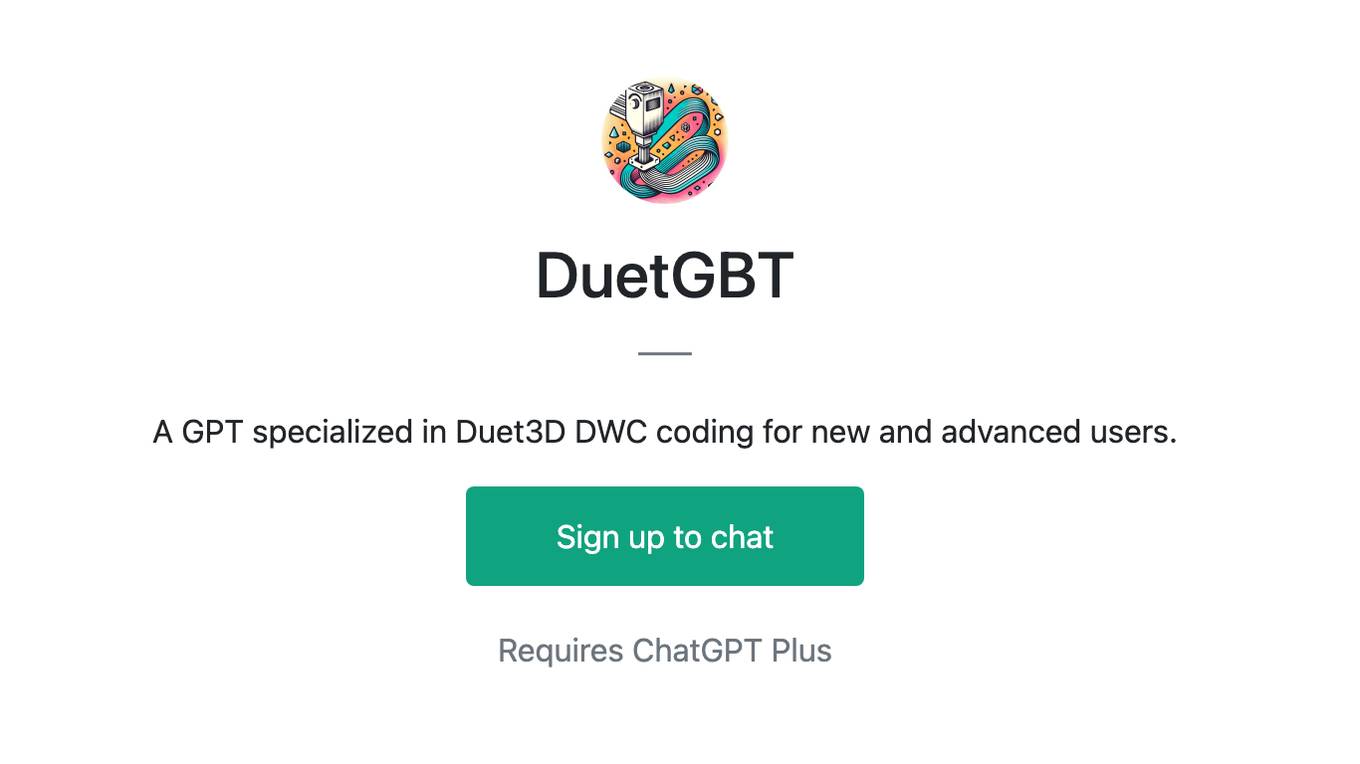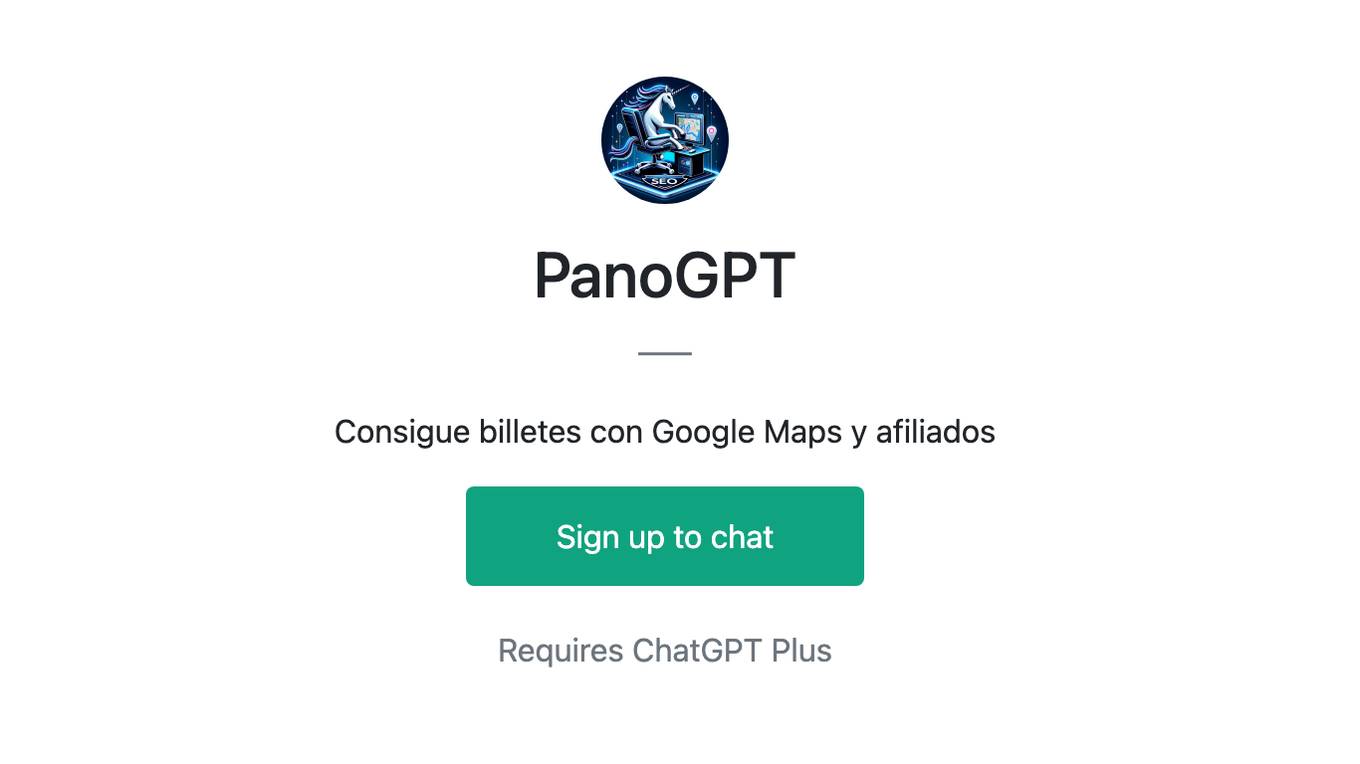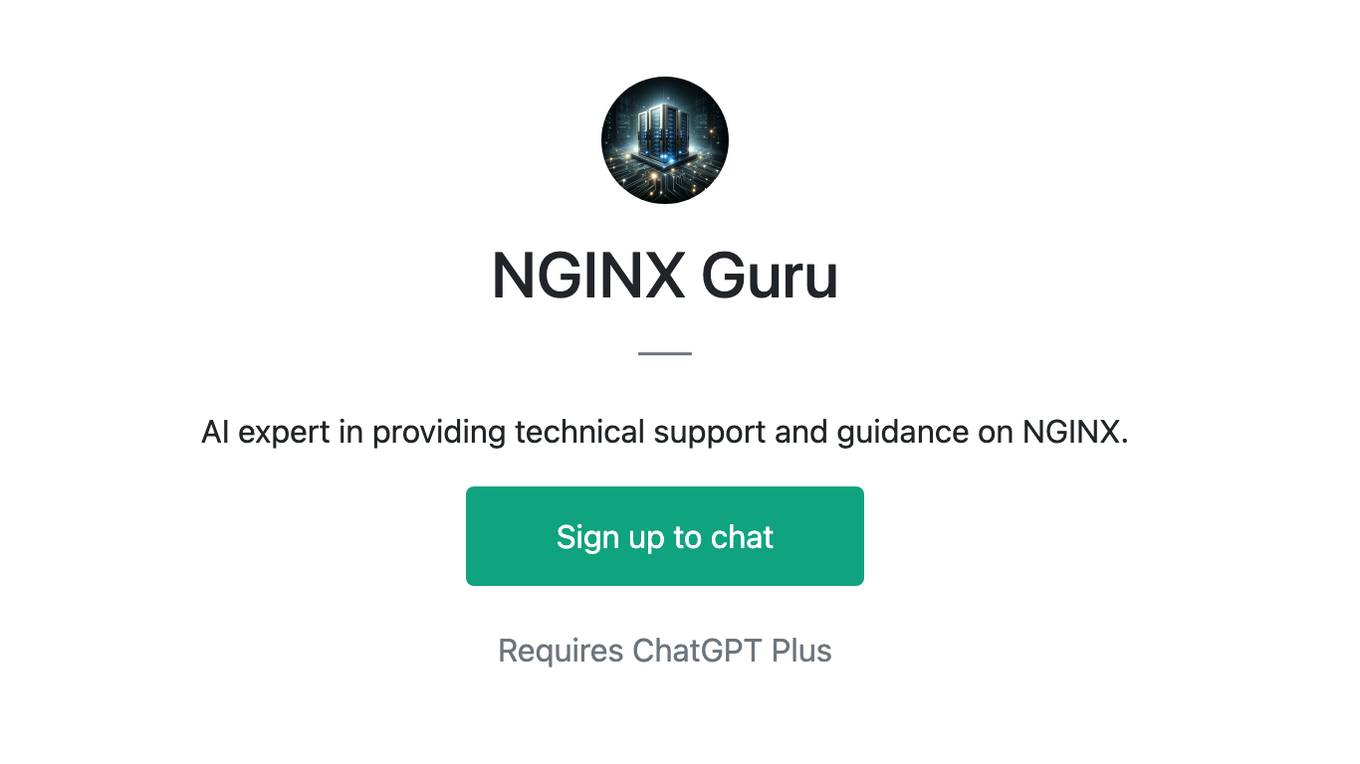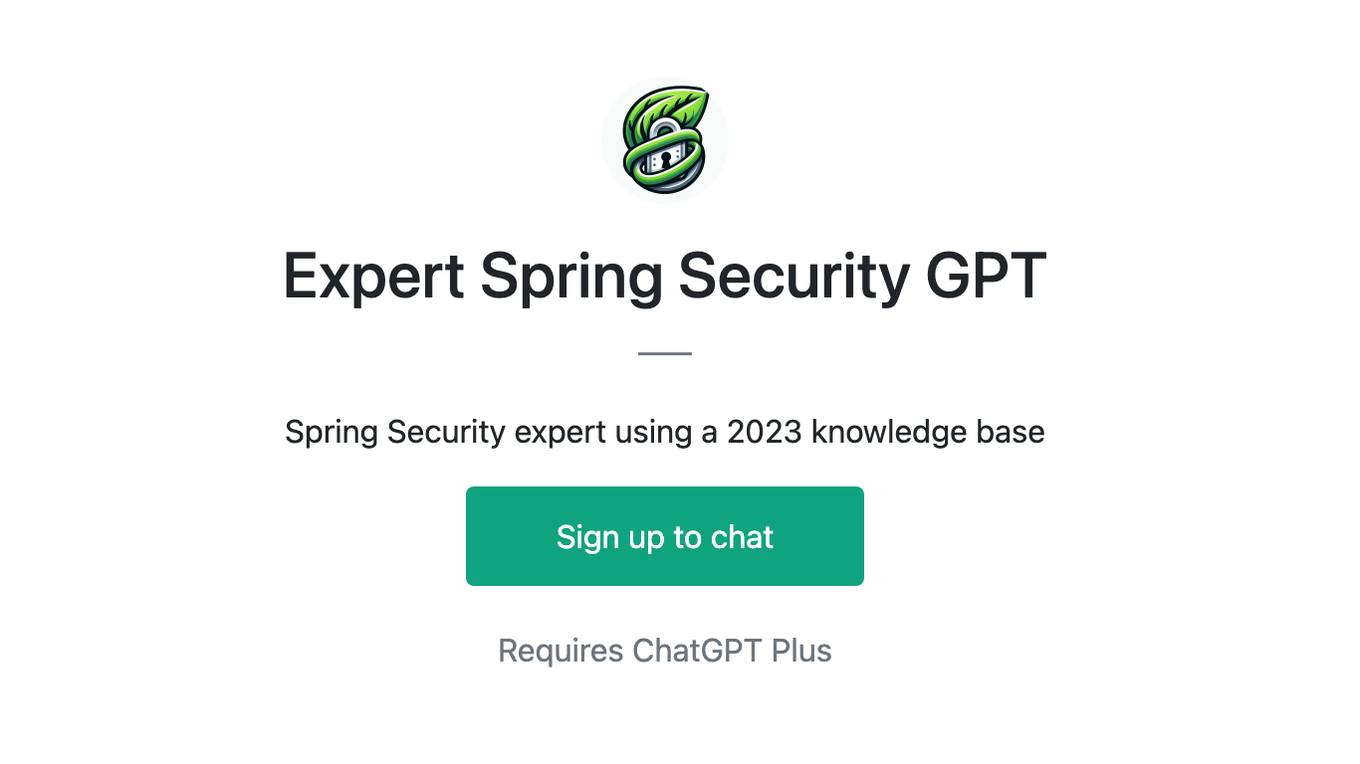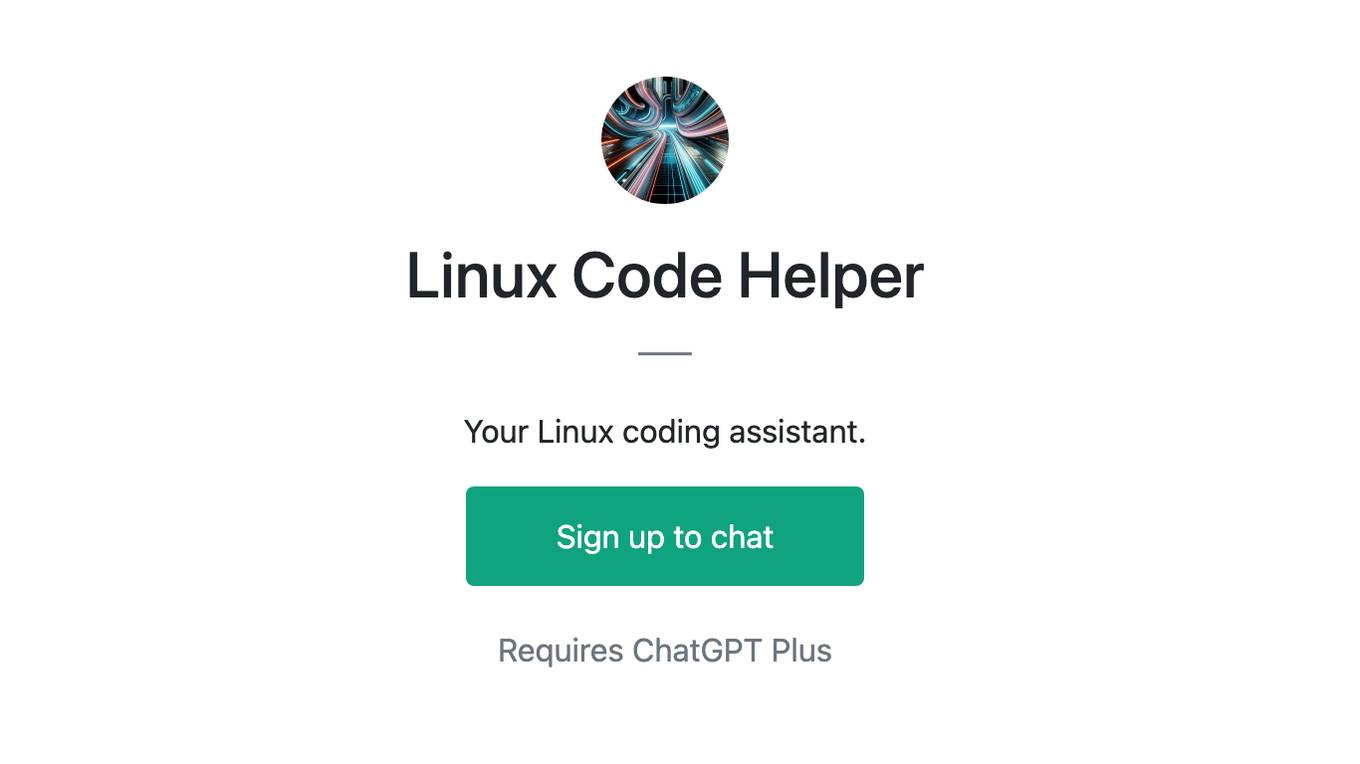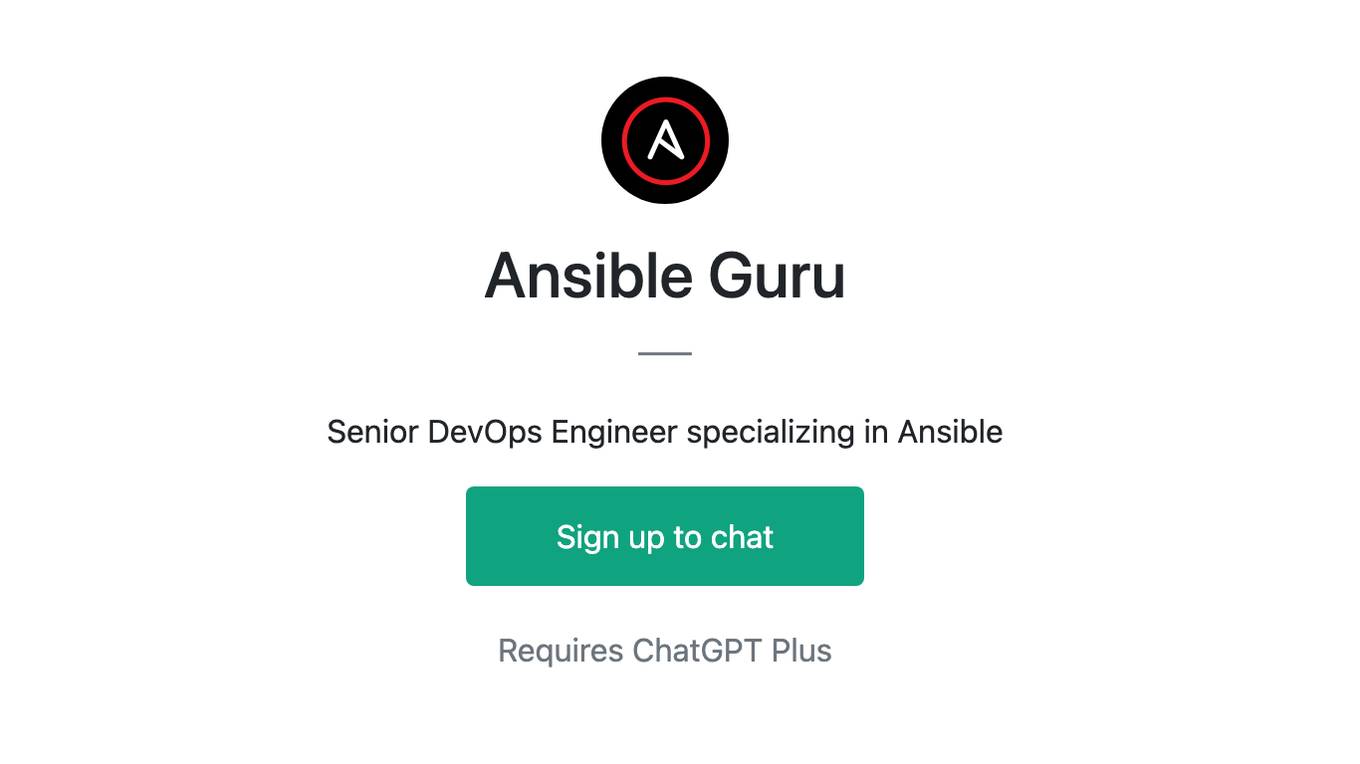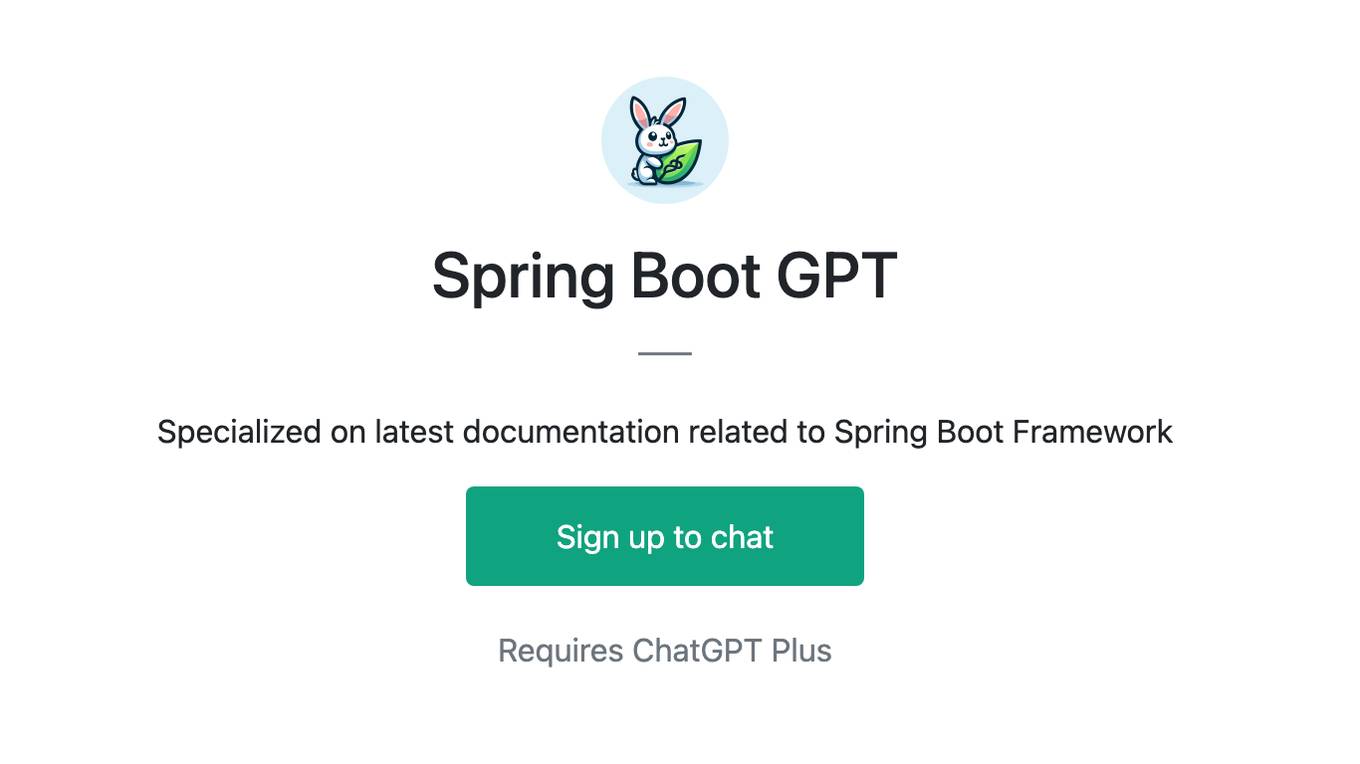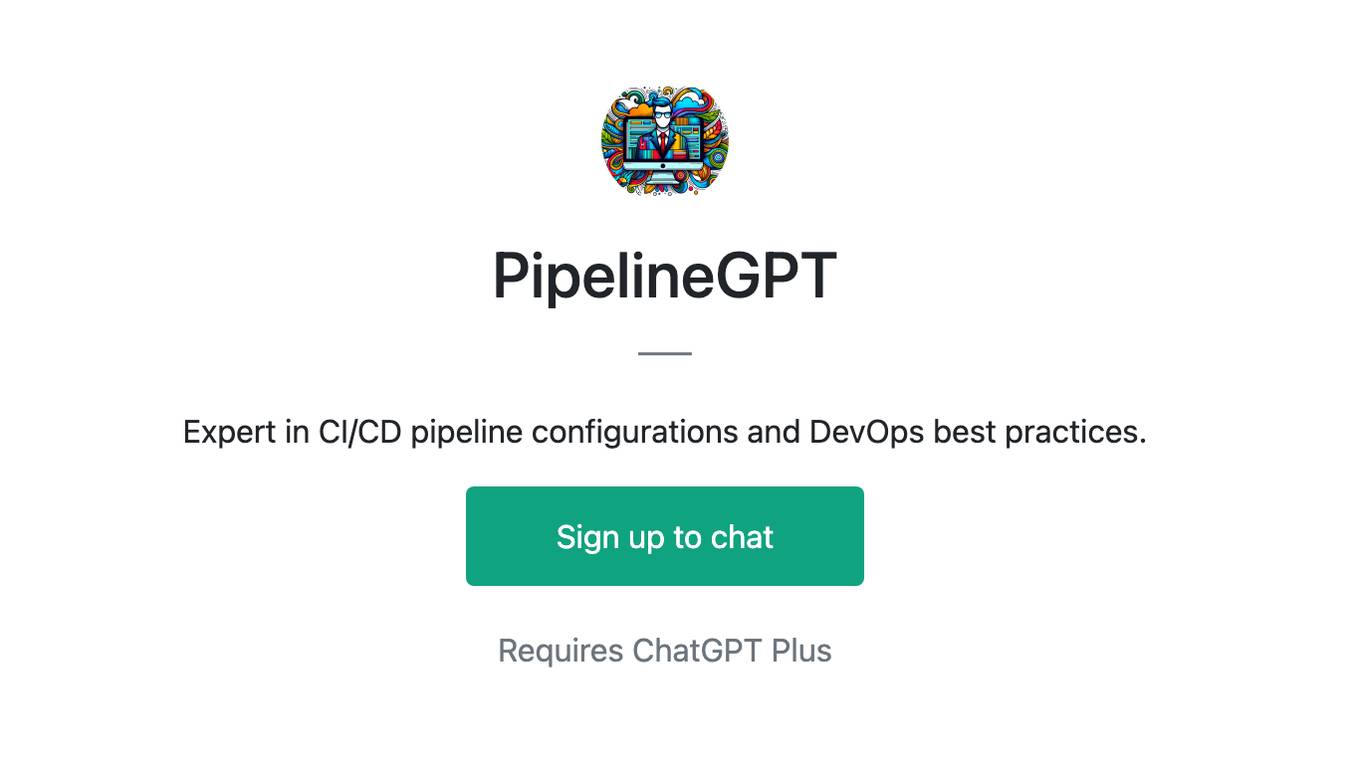Best AI tools for< Configure Language Models >
20 - AI tool Sites
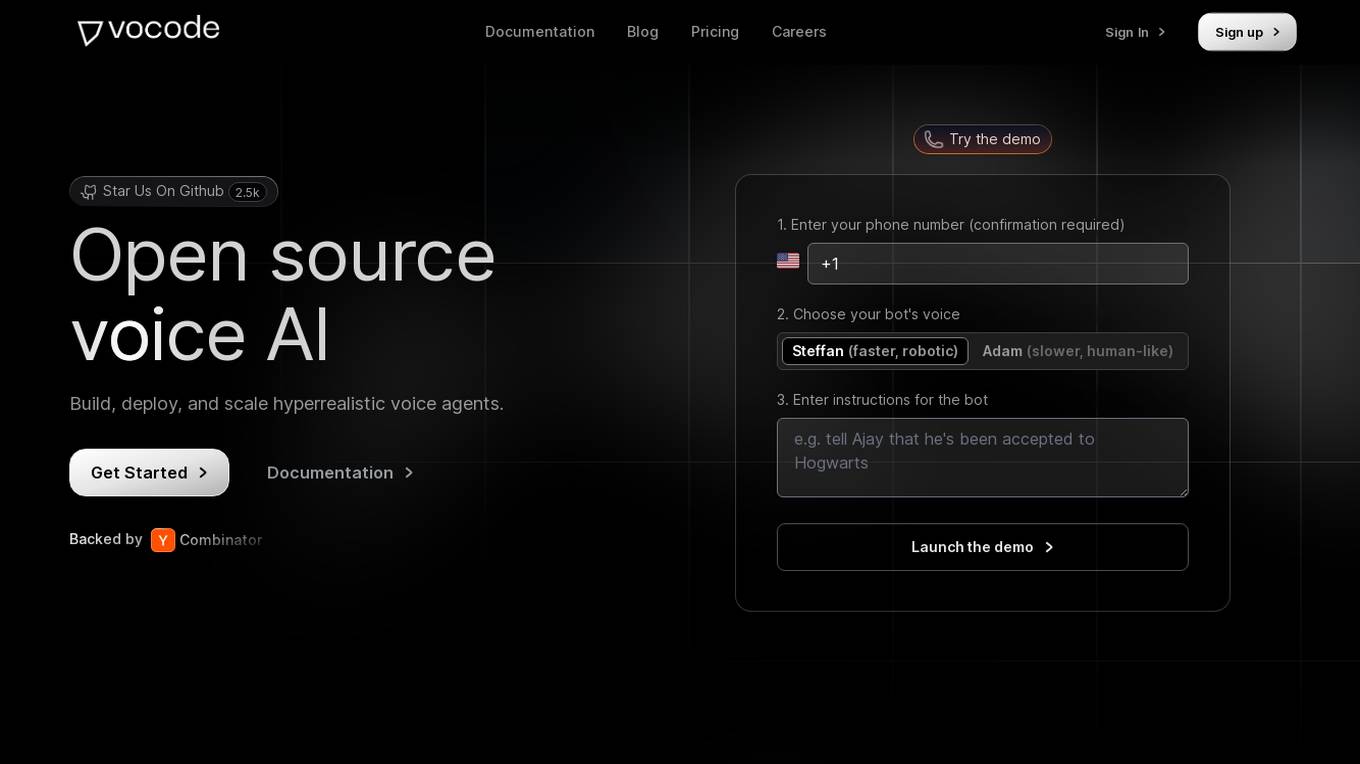
Vocode
Vocode is an open-source voice AI platform that enables users to build, deploy, and scale hyperrealistic voice agents. It offers fully programmable voice bots that can be integrated into workflows without the need for human intervention. With multilingual capability, custom language models, and the ability to connect to knowledge bases, Vocode provides a comprehensive solution for automating actions like scheduling, payments, and more. The platform also offers analytics and monitoring features to track bot performance and customer interactions, making it a valuable tool for businesses looking to enhance customer support and engagement.
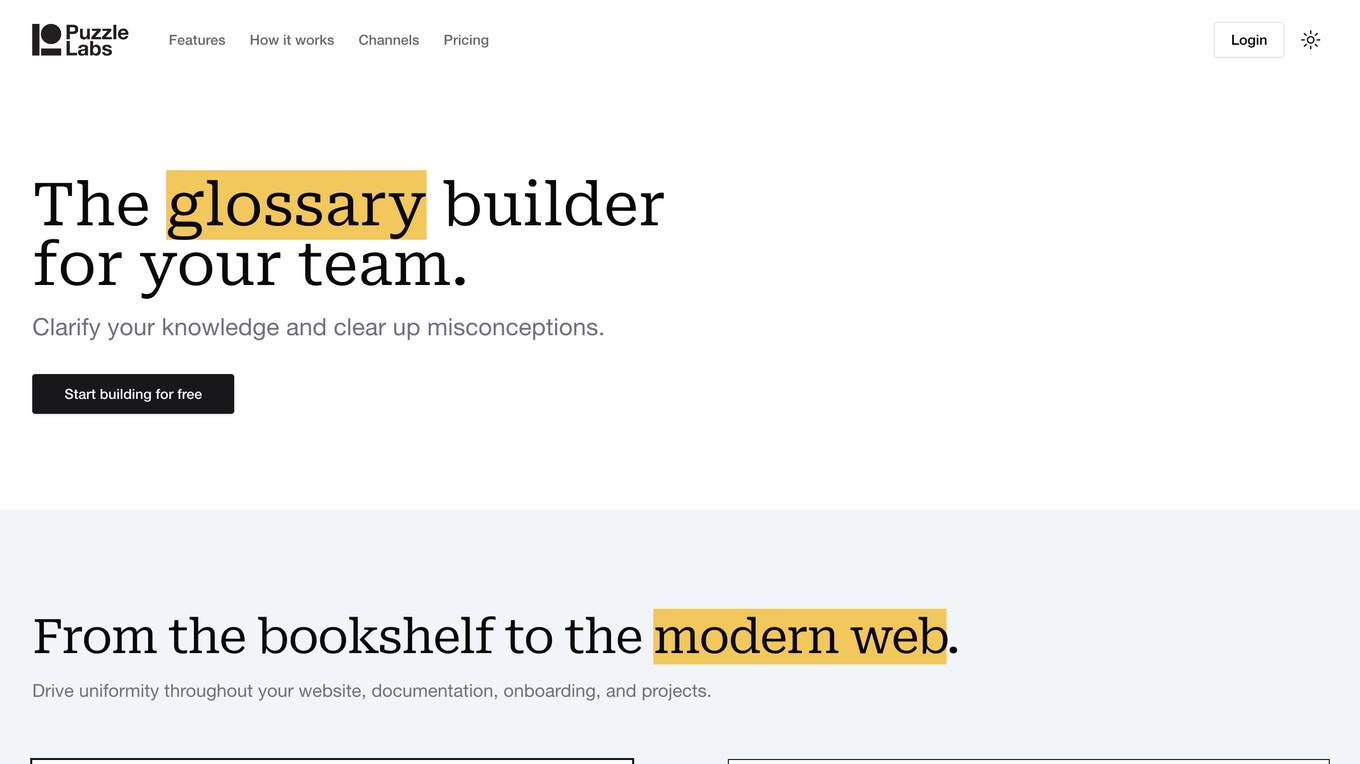
SiteRetriever
SiteRetriever is a self-hosted AI chatbot platform that enables users to build and deploy chatbots on their websites without any monthly fees. It offers a completely self-contained and self-hosted solution, providing full control over data and costs. With features like easy embedding, complete control over customization, lightning-fast responses, and smart AI powered by advanced language models, SiteRetriever simplifies the process of creating and managing chatbots. Users can upload content, configure bot settings, and embed the chatbot on their site within minutes. Join the waitlist to experience the benefits of SiteRetriever and take control of your chatbot today.
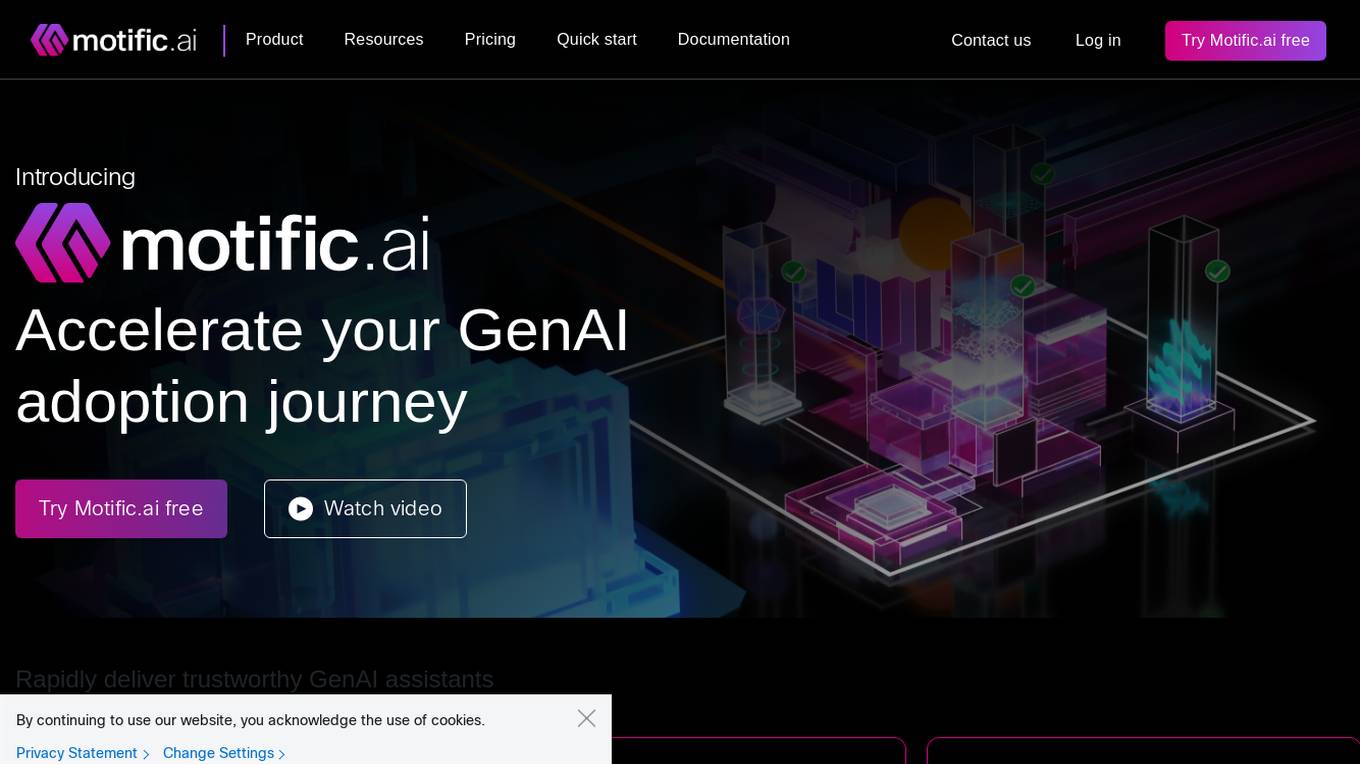
Motific.ai
Motific.ai is a responsible GenAI tool powered by data at scale. It offers a fully managed service with natural language compliance and security guardrails, an intelligence service, and an enterprise data-powered, end-to-end retrieval augmented generation (RAG) service. Users can rapidly deliver trustworthy GenAI assistants and API endpoints, configure assistants with organization's data, optimize performance, and connect with top GenAI model providers. Motific.ai enables users to create custom knowledge bases, connect to various data sources, and ensure responsible AI practices. It supports English language only and offers insights on usage, time savings, and model optimization.
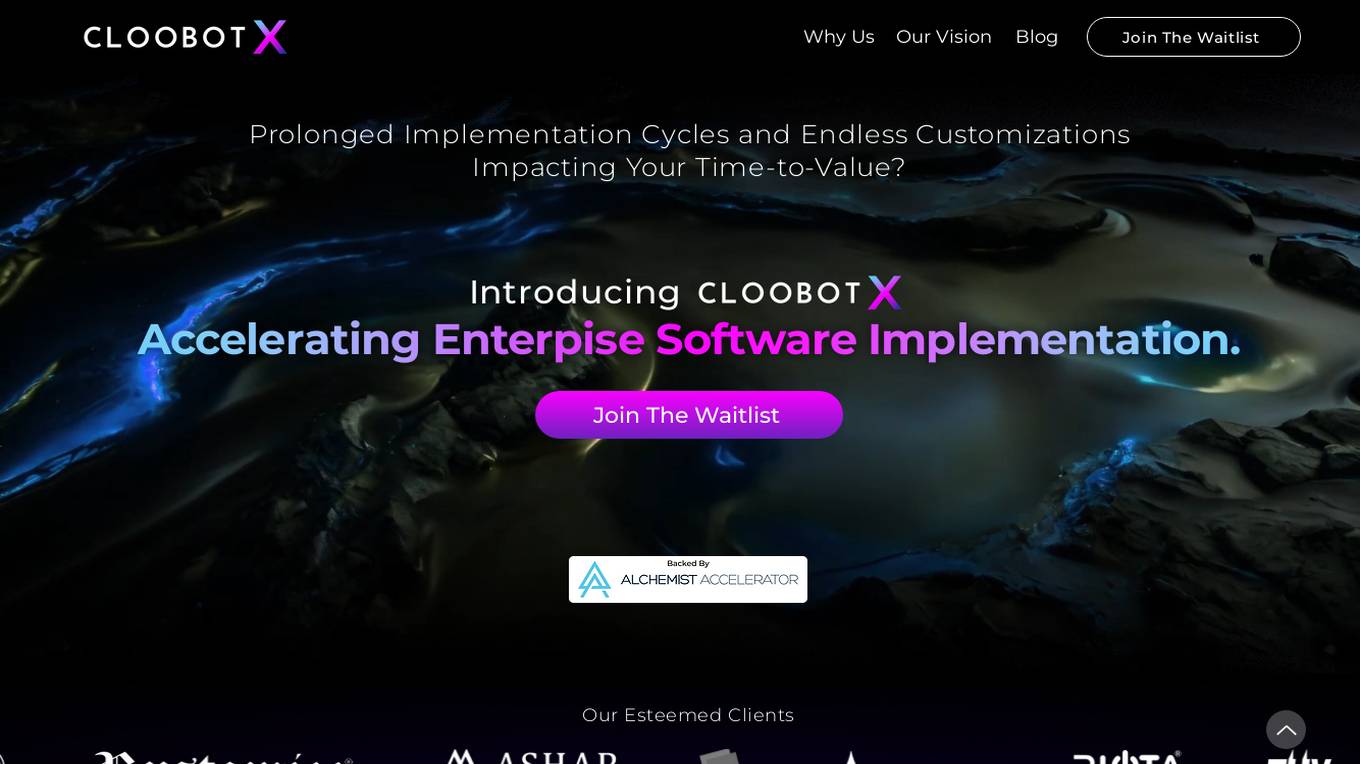
Cloobot X
Cloobot X is a Gen-AI-powered implementation studio that accelerates the deployment of enterprise applications with fewer resources. It leverages natural language processing to model workflow automation, deliver sandbox previews, configure workflows, extend functionalities, and manage versioning & changes. The platform aims to streamline enterprise application deployments, making them simple, swift, and efficient for all stakeholders.
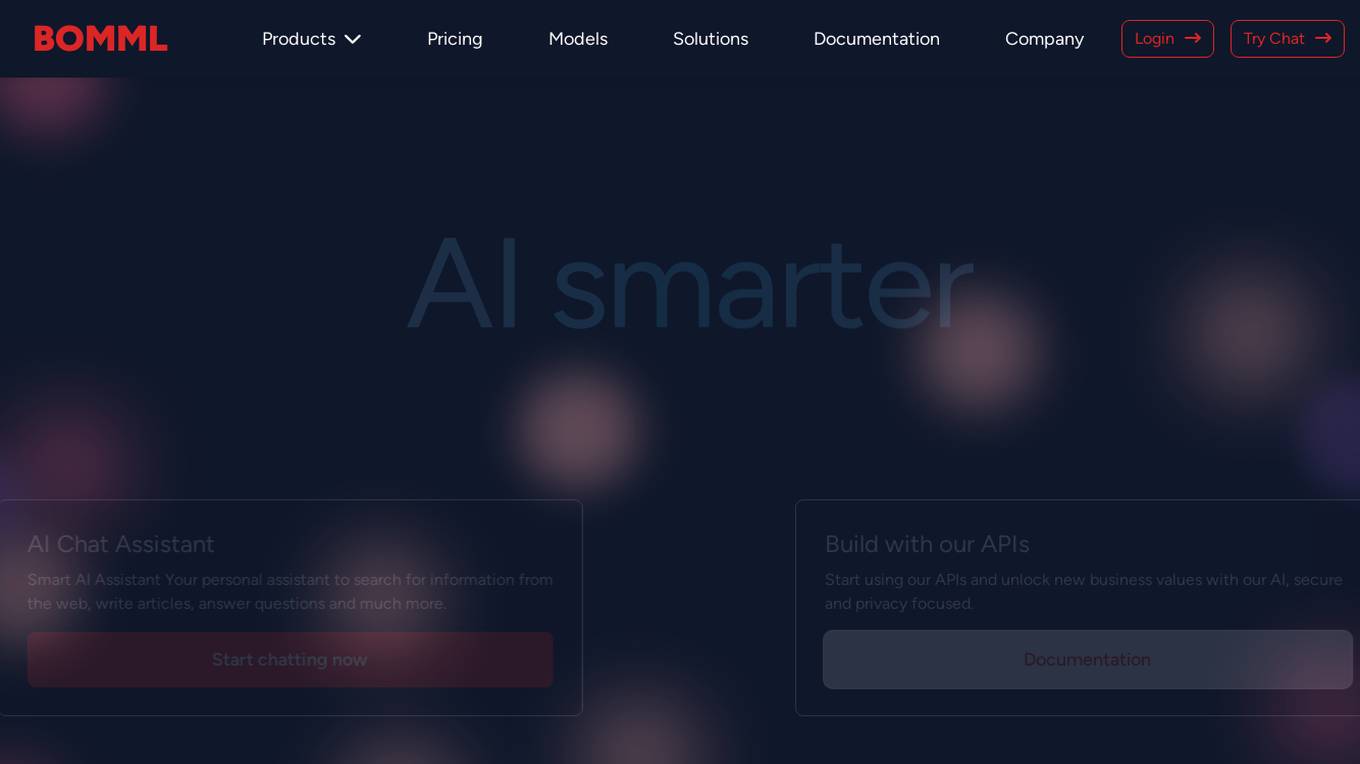
BOMML Smart AI Assistant
BOMML offers a Smart AI Assistant that can be used for a variety of tasks, including searching the web, writing articles, answering questions, and more. The assistant is easy to use and can be integrated into applications via a simple API or web interface. BOMML also offers AI APIs that can be used to add AI capabilities to applications. These APIs are fast, secure, and easy to use. BOMML's AI models are trained on a variety of data and can be used for a variety of tasks, including text generation, conversational chats, embeddings, controlling, analyzing, optical character recognition, and more.
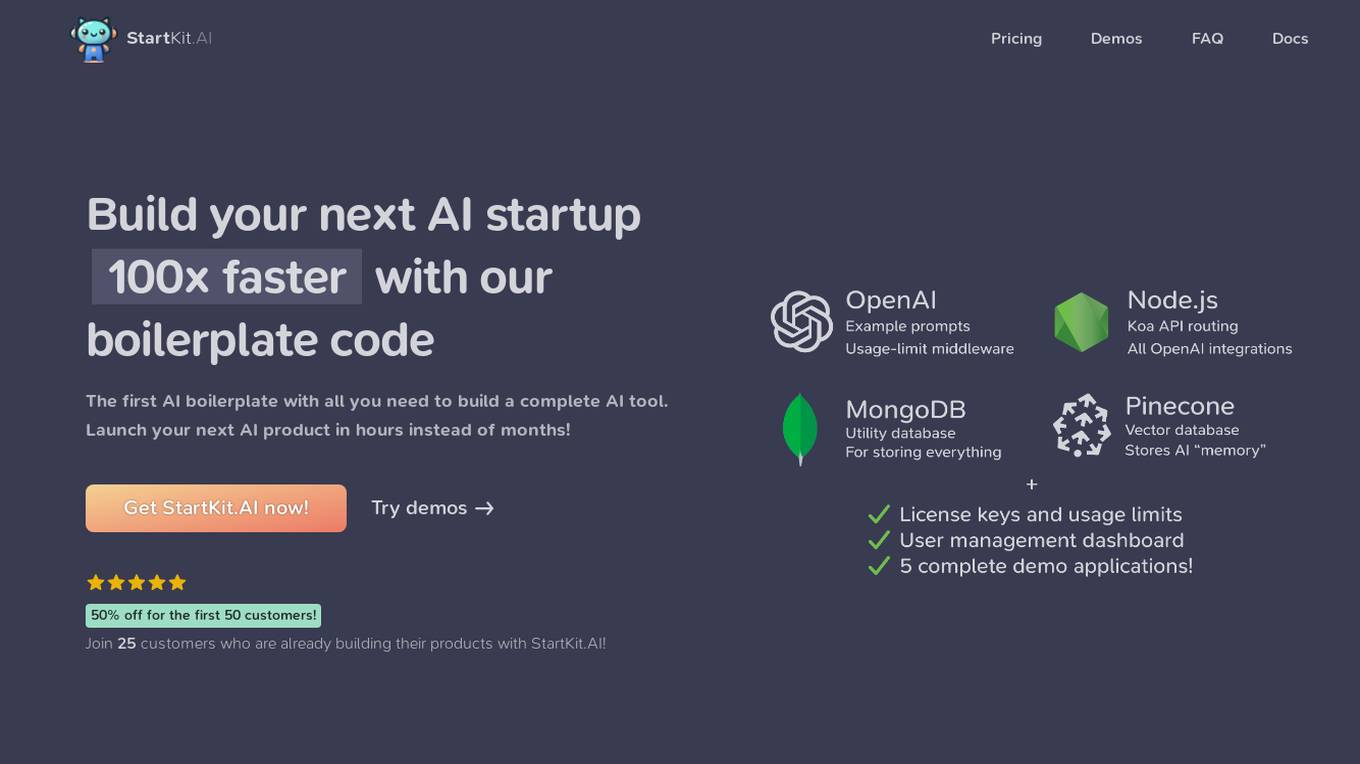
StartKit.AI
StartKit.AI is a boilerplate code for AI products that helps users build their AI startups 100x faster. It includes pre-built REST API routes for all common AI functionality, a pre-configured Pinecone for text embeddings and Retrieval-Augmented Generation (RAG) for chat endpoints, and five React demo apps to help users get started quickly. StartKit.AI also provides a license key and magic link authentication, user & API limit management, and full documentation for all its code. Additionally, users get access to guides to help them get set up and one year of updates.
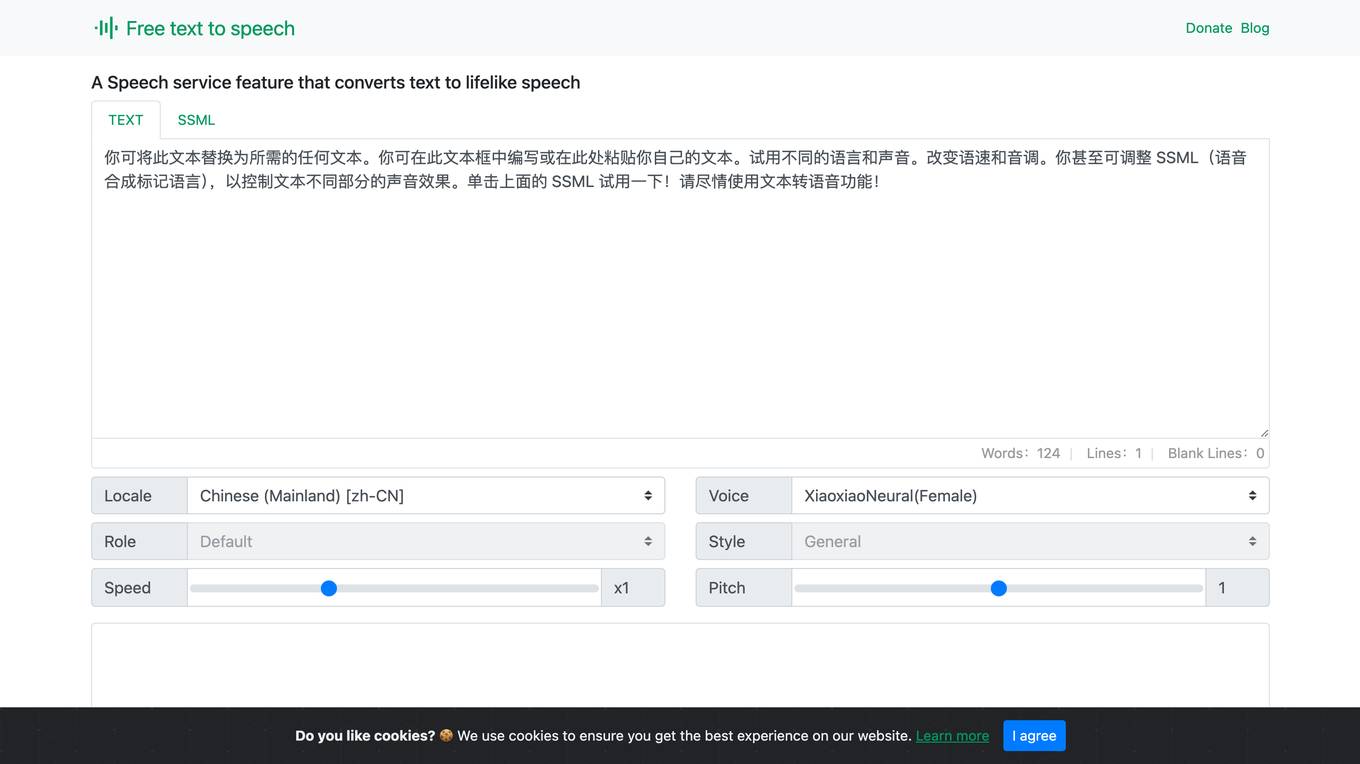
Free Text to Speech Online Converter Tools
This website provides a free text-to-speech converter tool that utilizes Microsoft's AI speech library to synthesize realistic-sounding speech from text. It offers customizable voice options, fine-tuned speech controls, and multilingual support with over 330 neural network voices across 129 languages. The tool is accessible on various browsers, including Chrome, Firefox, and Edge, and can be used for a range of applications, such as text readers and voice-enabled assistants.
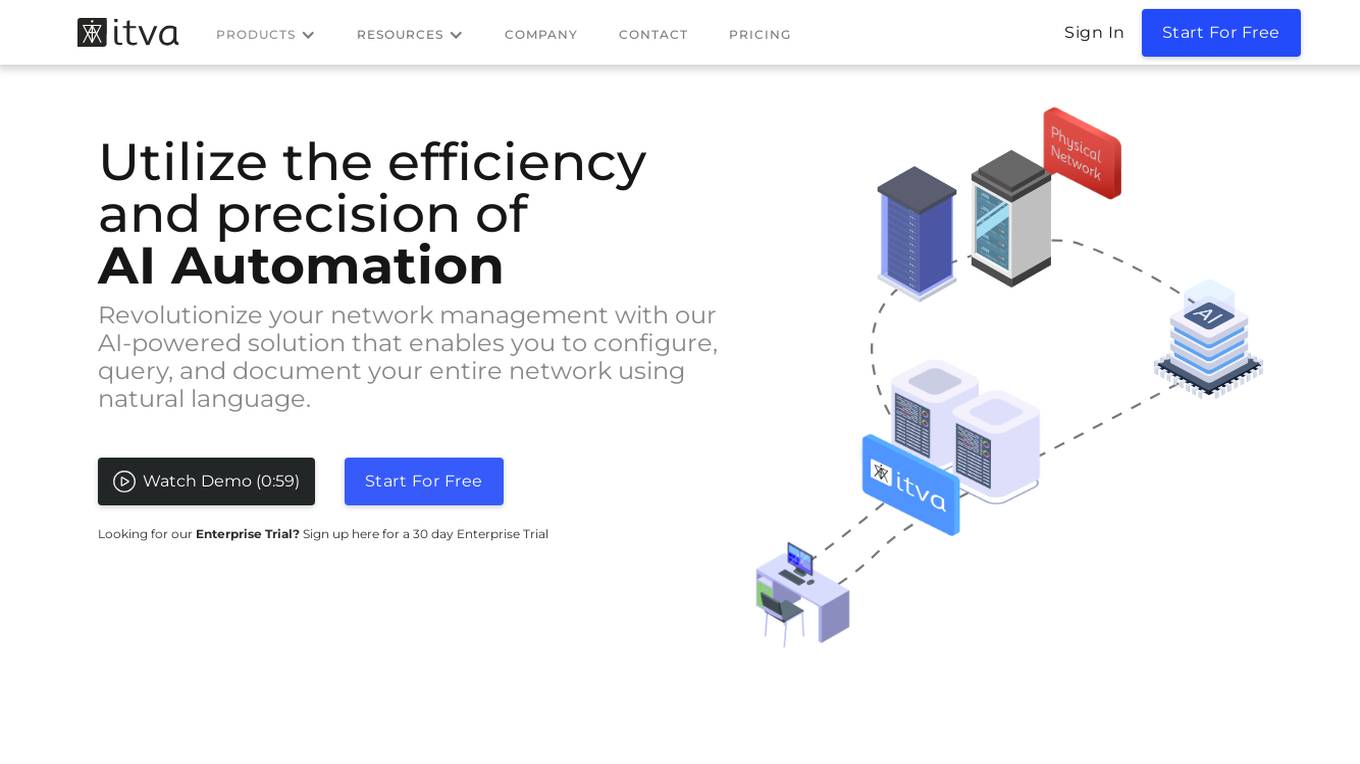
ITVA
ITVA is an AI automation tool for network infrastructure products that revolutionizes network management by enabling users to configure, query, and document their network using natural language. It offers features such as rapid configuration deployment, network diagnostics acceleration, automated diagram generation, and modernized IP address management. ITVA's unique solution securely connects to networks, combining real-time data with a proprietary dataset curated by veteran engineers. The tool ensures unparalleled accuracy and insights through its real-time data pipeline and on-demand dynamic analysis capabilities.

Superflows
Superflows is a tool that allows you to add an AI Copilot to your SaaS product. This AI Copilot can answer questions and perform tasks for users via chat. It is designed to be easy to set up and configure, and it can be integrated into your codebase with just a few lines of code. Superflows is a great way to improve the user experience of your SaaS product and help users get the most out of your software.
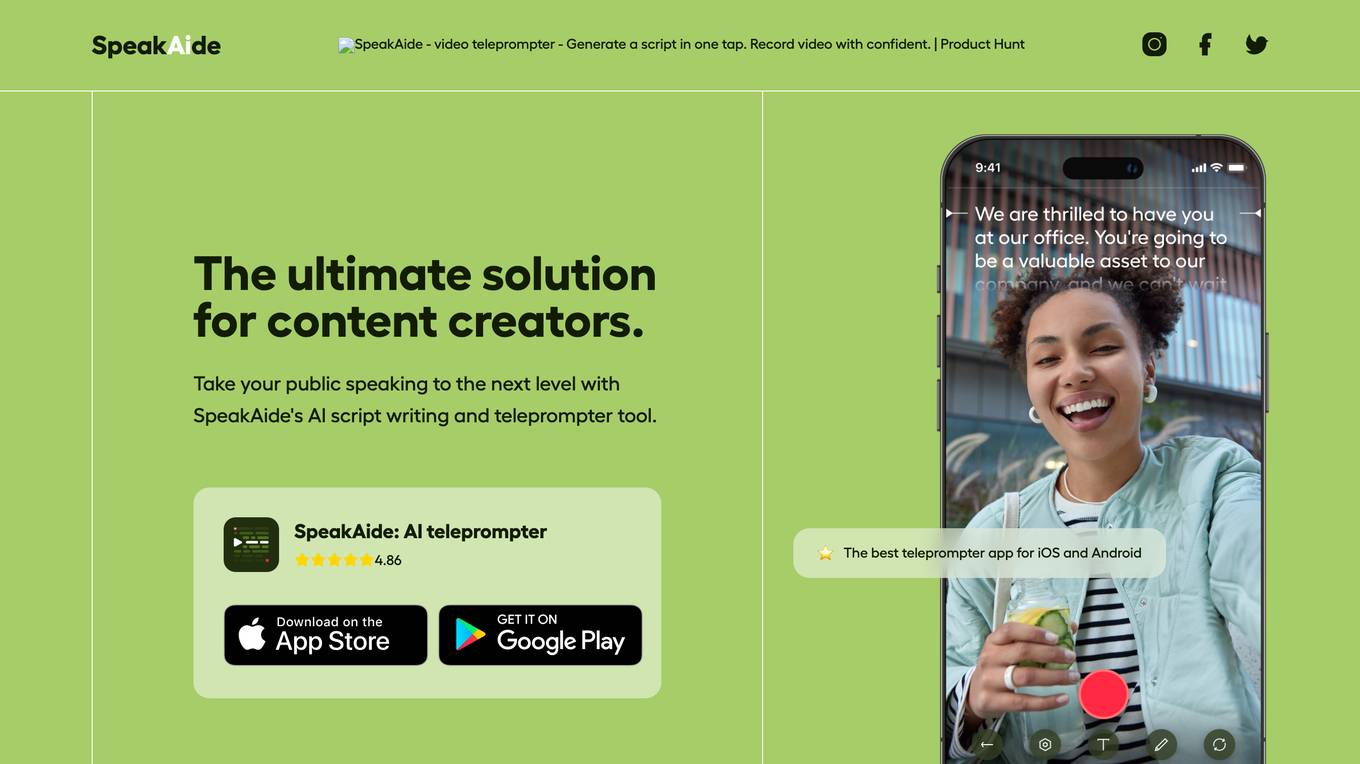
Speakaide
Speakaide.com is a website that currently faces an error due to an invalid SSL certificate. The error code 526 indicates that the origin web server does not have a valid SSL certificate, causing issues with security and data encryption. Visitors are advised to try again later, while website owners are instructed to ensure a valid SSL certificate is configured. The website seems to be using Cloudflare services for performance and security enhancements.
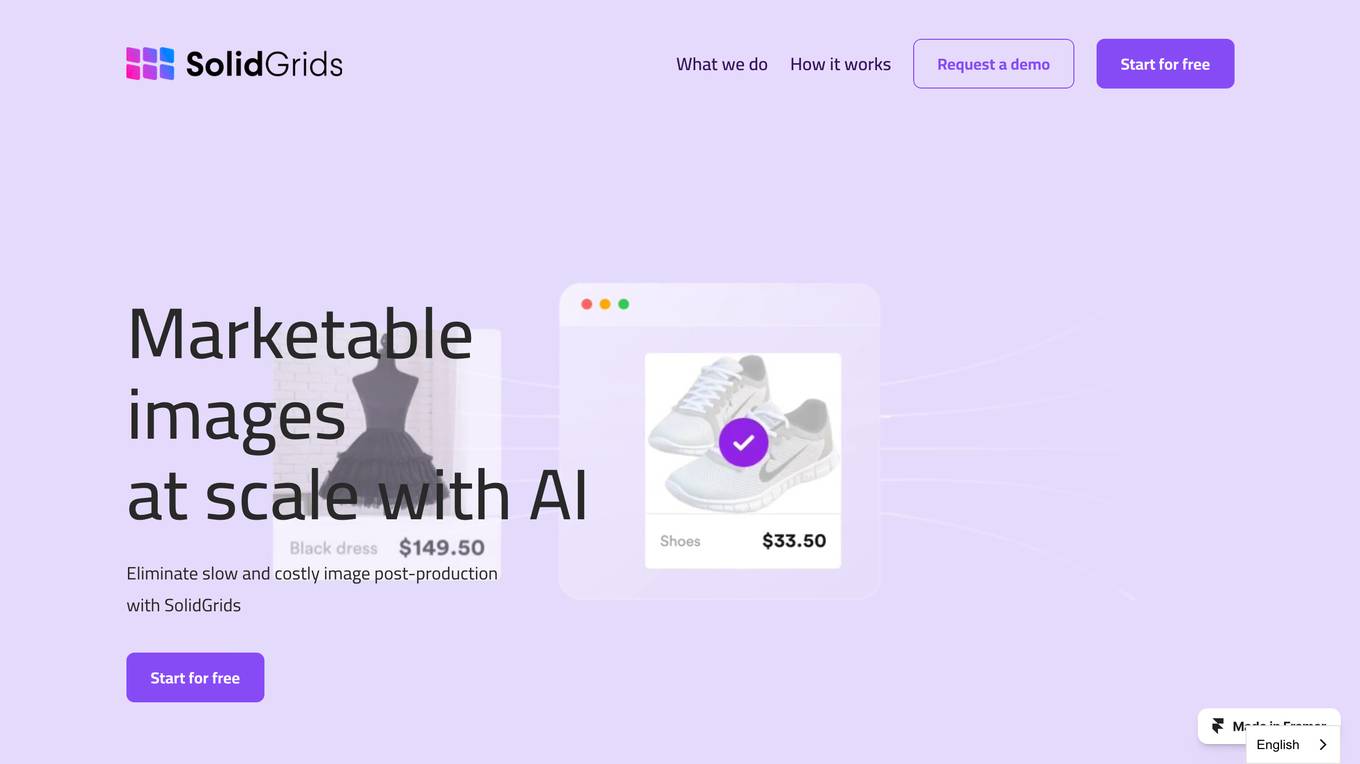
SolidGrids
SolidGrids is an AI-powered image enhancement tool designed specifically for e-commerce businesses. It automates the image post-production process, saving time and resources. With SolidGrids, you can easily remove backgrounds, enhance product images, and create consistent branding across your e-commerce site. The platform offers seamless cloud integrations and is cost-effective compared to traditional methods.
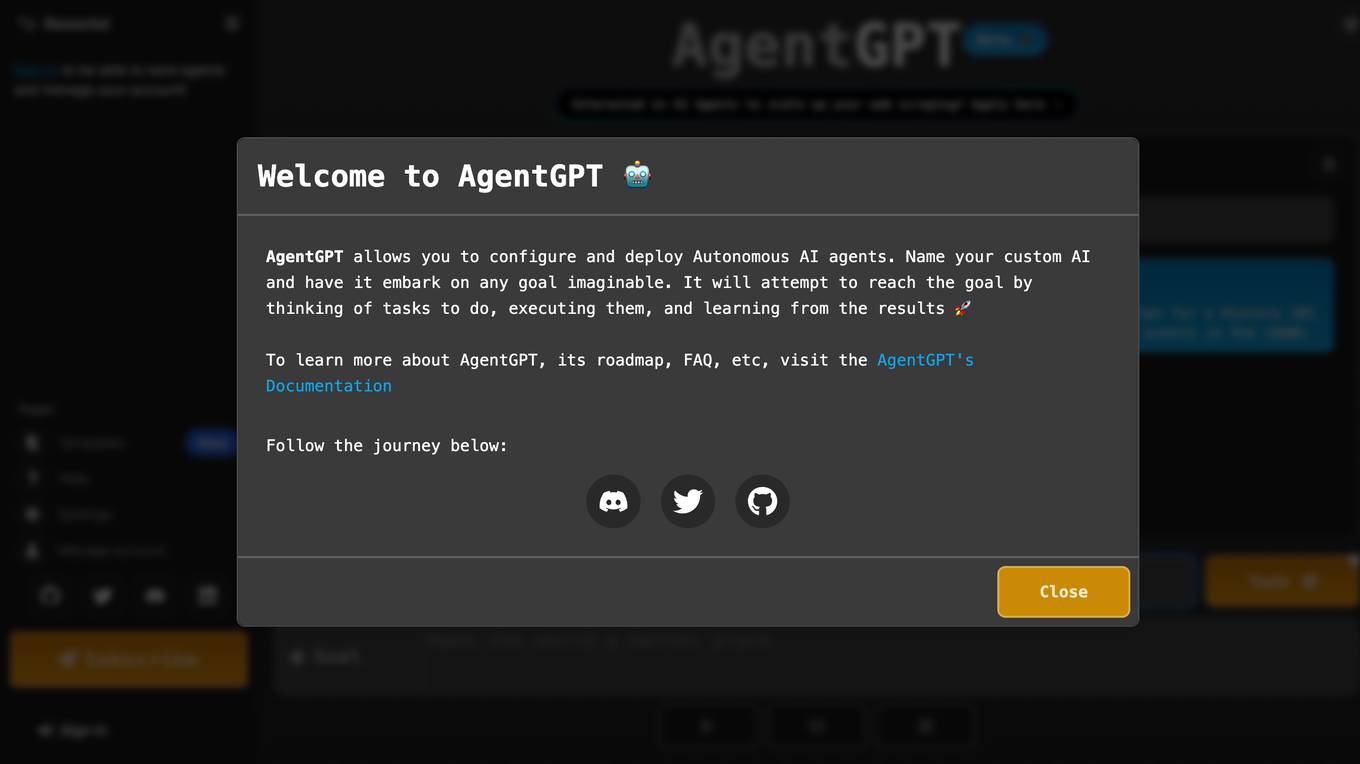
AgentGPT
AgentGPT is an AI tool designed to assist users in various tasks by generating text based on specific inputs. It leverages the power of AI to provide solutions for web scraping, report creation, trip planning, study plan development, and more. Users can easily create agents with specific goals and deploy them for efficient results. The tool offers a user-friendly interface and a range of pre-built examples to help users get started quickly and effectively.

SendingFlow
SendingFlow is a marketing automation tool specifically designed for Webflow websites. It offers a simple and powerful platform for email marketing, with features such as email series generation, templates, and data-driven decision-making. The tool aims to streamline workflows, protect sender reputation, and help users make data-driven decisions to enhance their email campaigns. SendingFlow is backed by Petit Hack, a Webflow agency dedicated to empowering marketers by providing intuitive tools for effective email marketing on the Webflow platform.
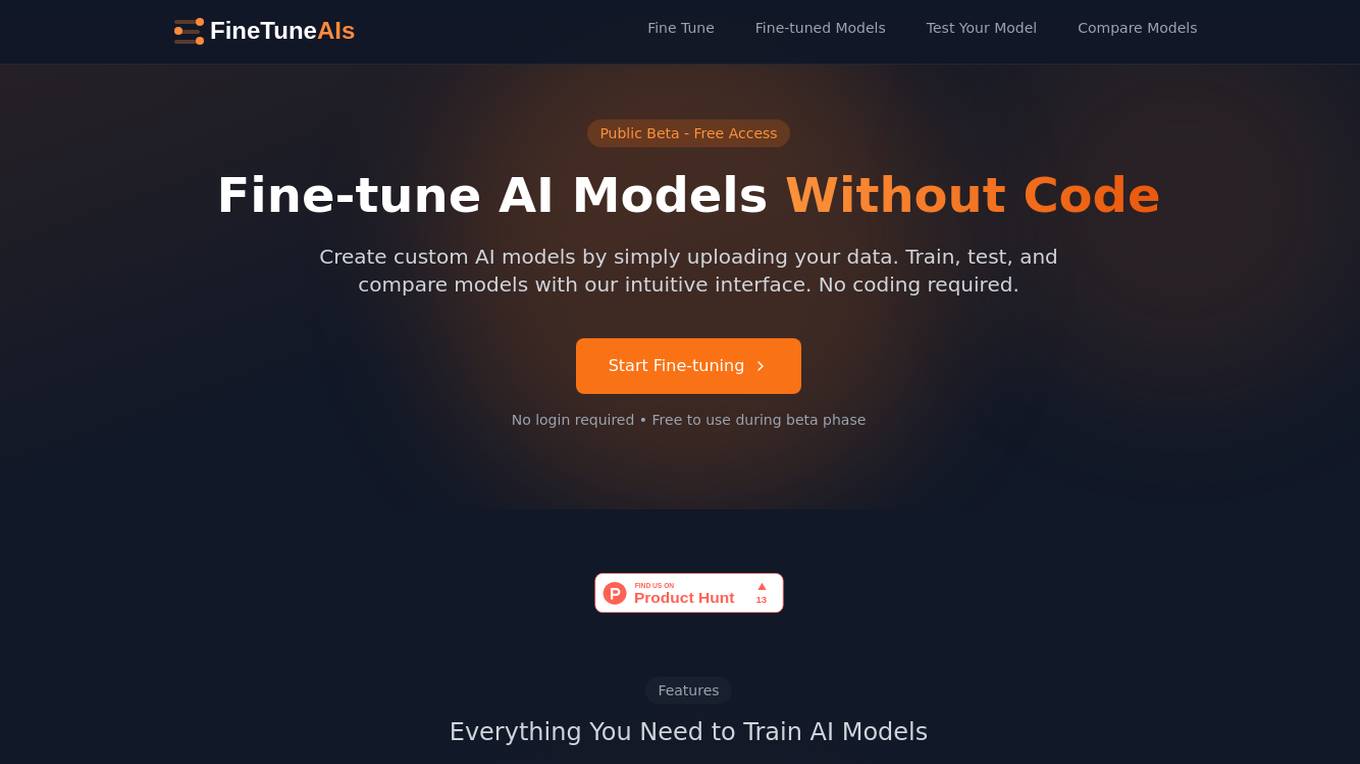
FineTuneAIs.com
FineTuneAIs.com is a platform that specializes in custom AI model fine-tuning. Users can fine-tune their AI models to achieve better performance and accuracy. The platform requires JavaScript to be enabled for optimal functionality.
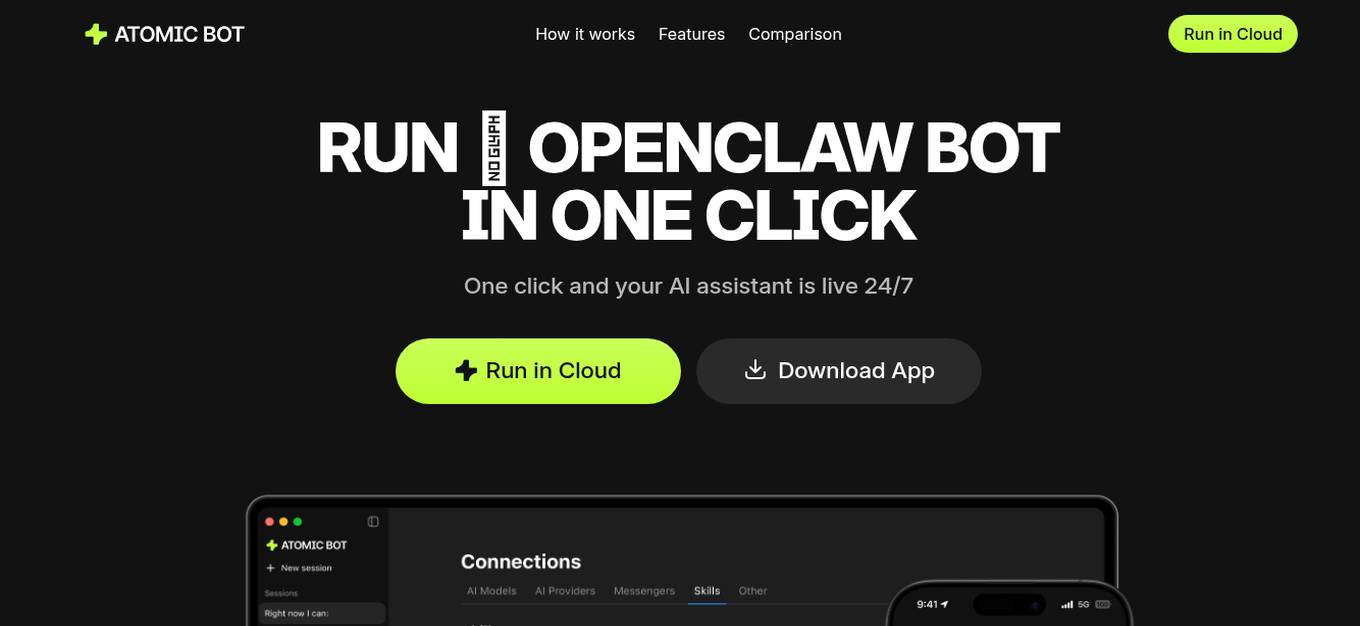
Atomic Bot
Atomic Bot is an AI application that serves as a user-friendly native app bringing OpenClaw (Clawdbot) capabilities to everyday users. It offers a simplified way to access the full OpenClaw experience through a human-friendly interface, enabling users to manage tasks such as email, calendars, documents, browser actions, and workflows efficiently. With features like Gmail management, calendar autopilot, document summarization, browser control, and task automation, Atomic Bot aims to enhance productivity and streamline daily workflows. The application prioritizes privacy by allowing users to choose between running it on their local device, in the cloud, or a hybrid setup, ensuring data control and security.

MiClient.ai
MiClient.ai is an AI-powered Sales automation SaaS that offers a Lead Management System Software to streamline the deal closure process for businesses. It provides a comprehensive CRM software with CPQ capabilities, enabling users to manage their pipeline, create deals, send proposals, co-review deals with customers, and close contracts with e-signatures. MiClient.ai aims to boost sales efficiency by automating client interactions, speeding up proposal sending, eliminating quoting errors, and maximizing revenue through intelligent pricing strategies.
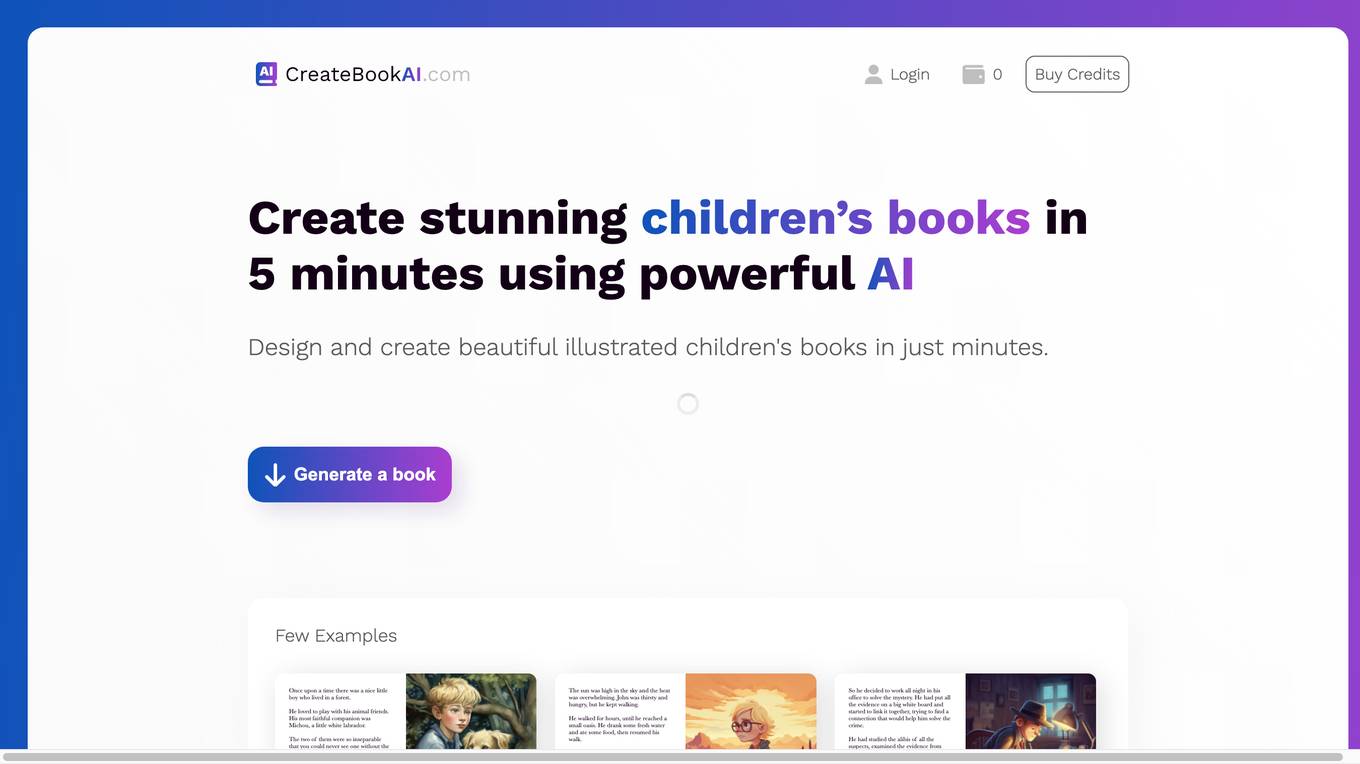
OpenResty
The website is currently displaying a '403 Forbidden' error, which means that access to the requested resource is denied. This error is typically caused by insufficient permissions or server misconfiguration. The 'openresty' message indicates that the server is using the OpenResty web platform. OpenResty is a web platform based on NGINX and LuaJIT, often used for building high-performance web applications. The website may be experiencing technical issues that prevent users from accessing its content.
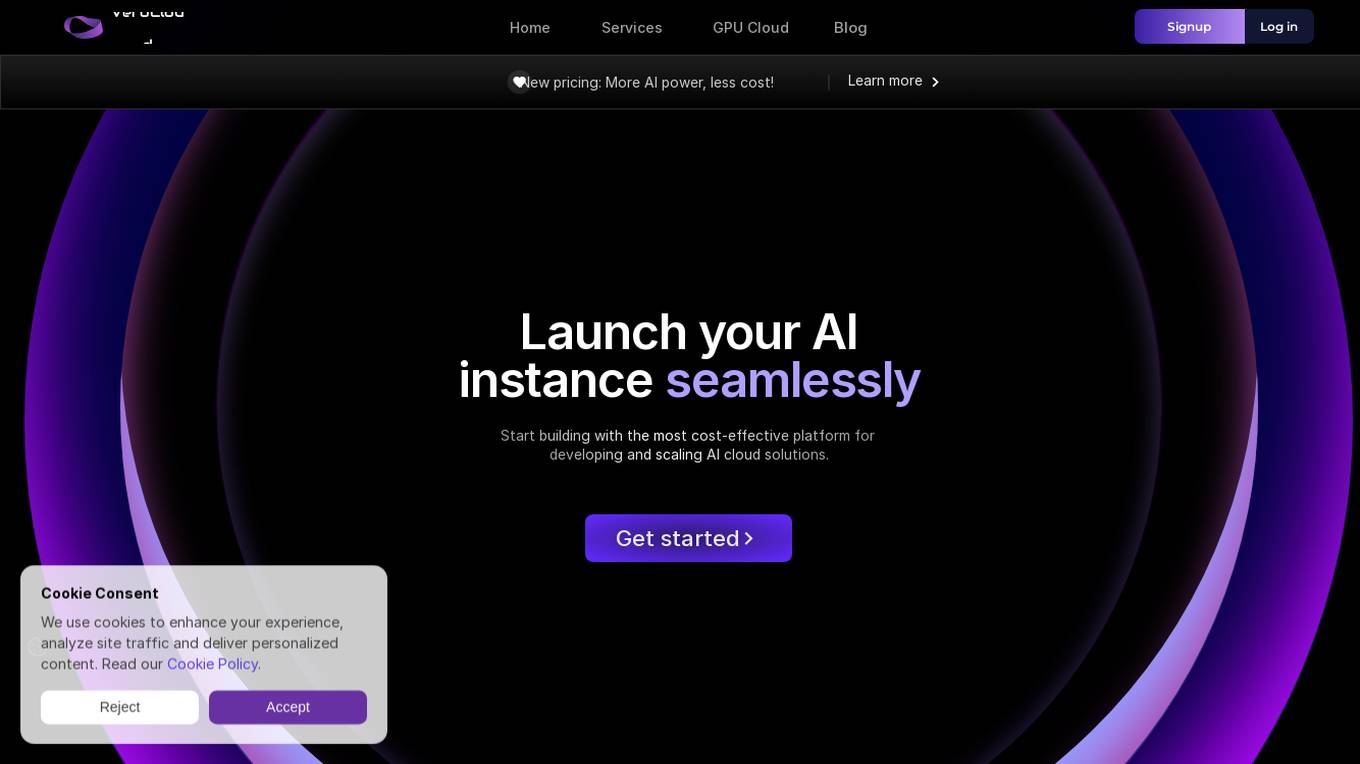
VeroCloud
VeroCloud is a platform offering tailored solutions for AI, HPC, and scalable growth. It provides cost-effective cloud solutions with guaranteed uptime, performance efficiency, and cost-saving models. Users can deploy HPC workloads seamlessly, configure environments as needed, and access optimized environments for GPU Cloud, HPC Compute, and Tally on Cloud. VeroCloud supports globally distributed endpoints, public and private image repos, and deployment of containers on secure cloud. The platform also allows users to create and customize templates for seamless deployment across computing resources.
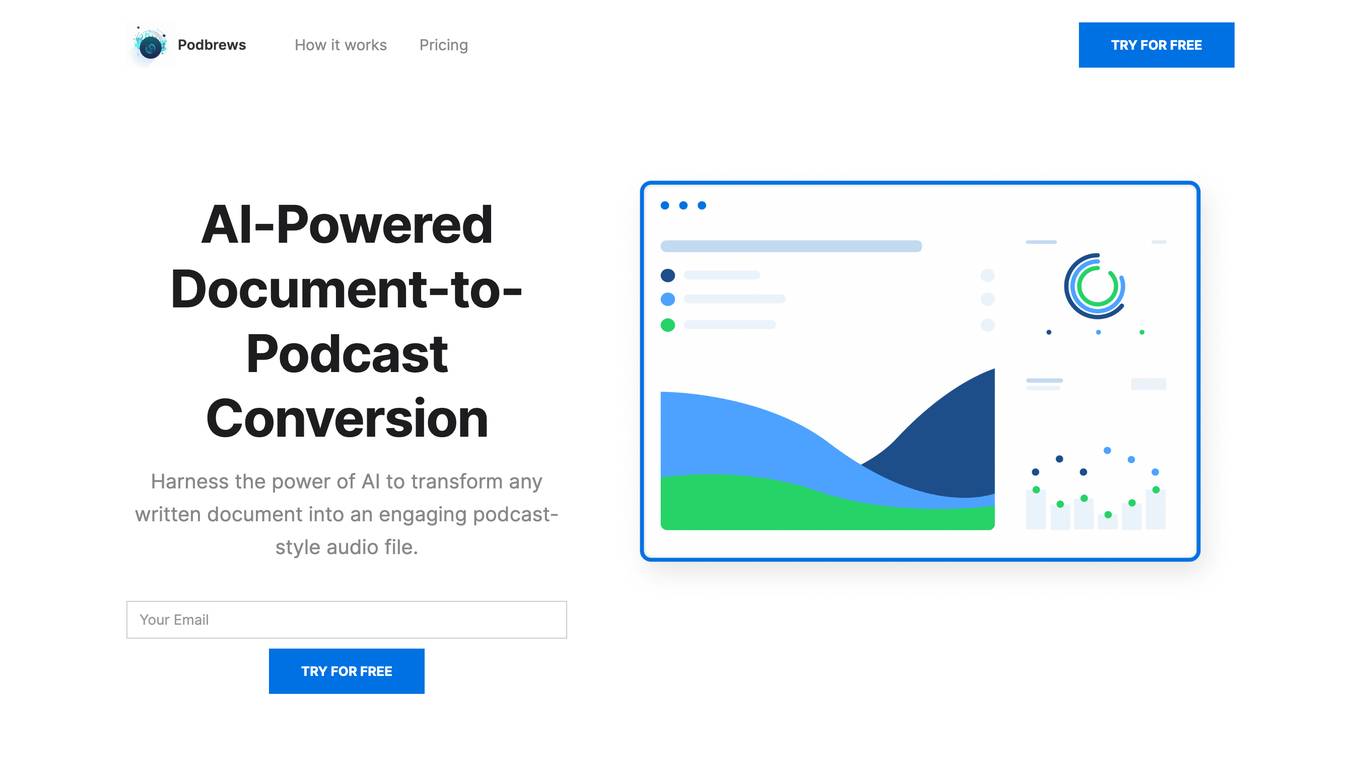
OpenResty
The website is currently displaying a '403 Forbidden' error, which indicates that the server understood the request but refuses to authorize it. This error is typically caused by insufficient permissions or misconfiguration on the server side. The 'openresty' message suggests that the server is using the OpenResty web platform. OpenResty is a powerful web platform based on Nginx and LuaJIT, providing high performance and flexibility for web applications.
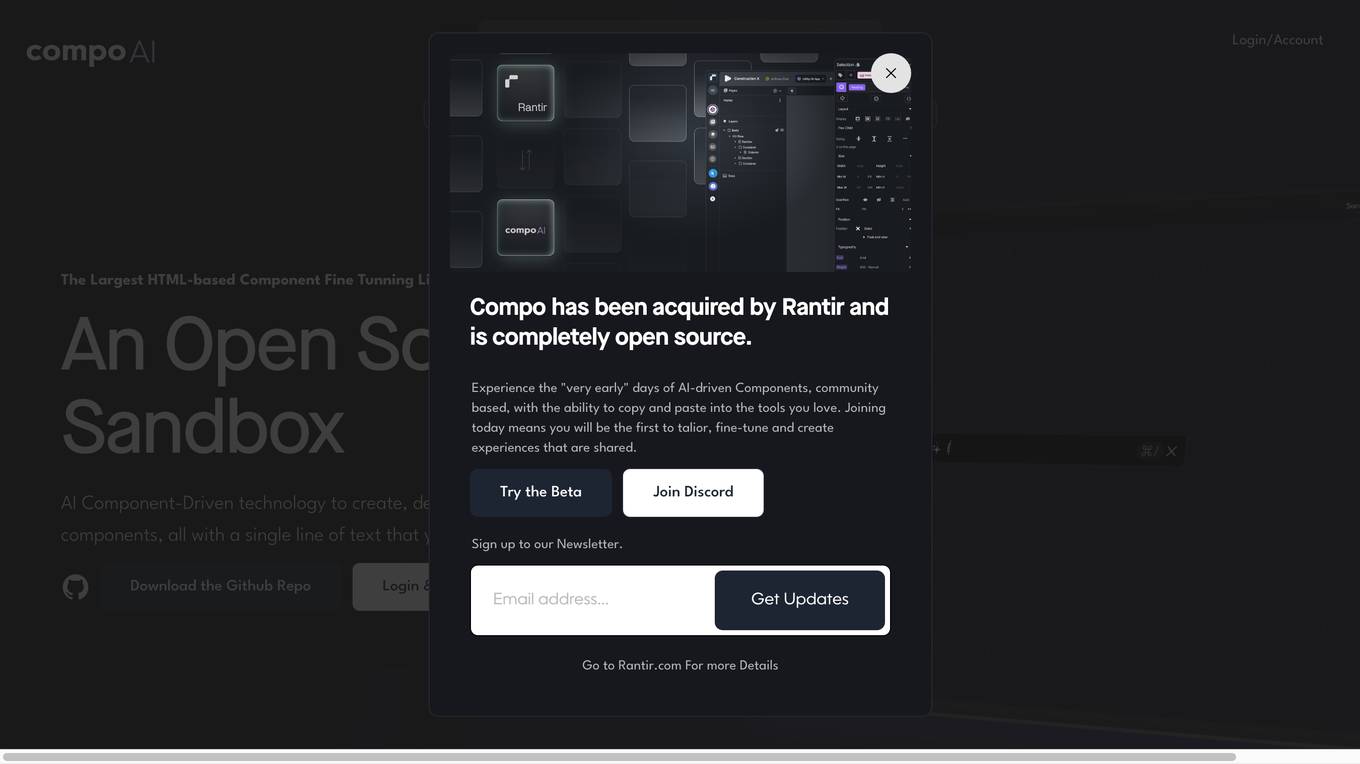
OpenResty
The website is currently displaying a '403 Forbidden' error, which means that access to the requested resource is forbidden. This error is typically caused by insufficient permissions or misconfiguration on the server side. The message 'openresty' suggests that the server is using the OpenResty web platform. OpenResty is a dynamic web platform based on NGINX and Lua that is commonly used for building high-performance web applications. It provides a powerful and flexible environment for developing and deploying web services.
1 - Open Source AI Tools
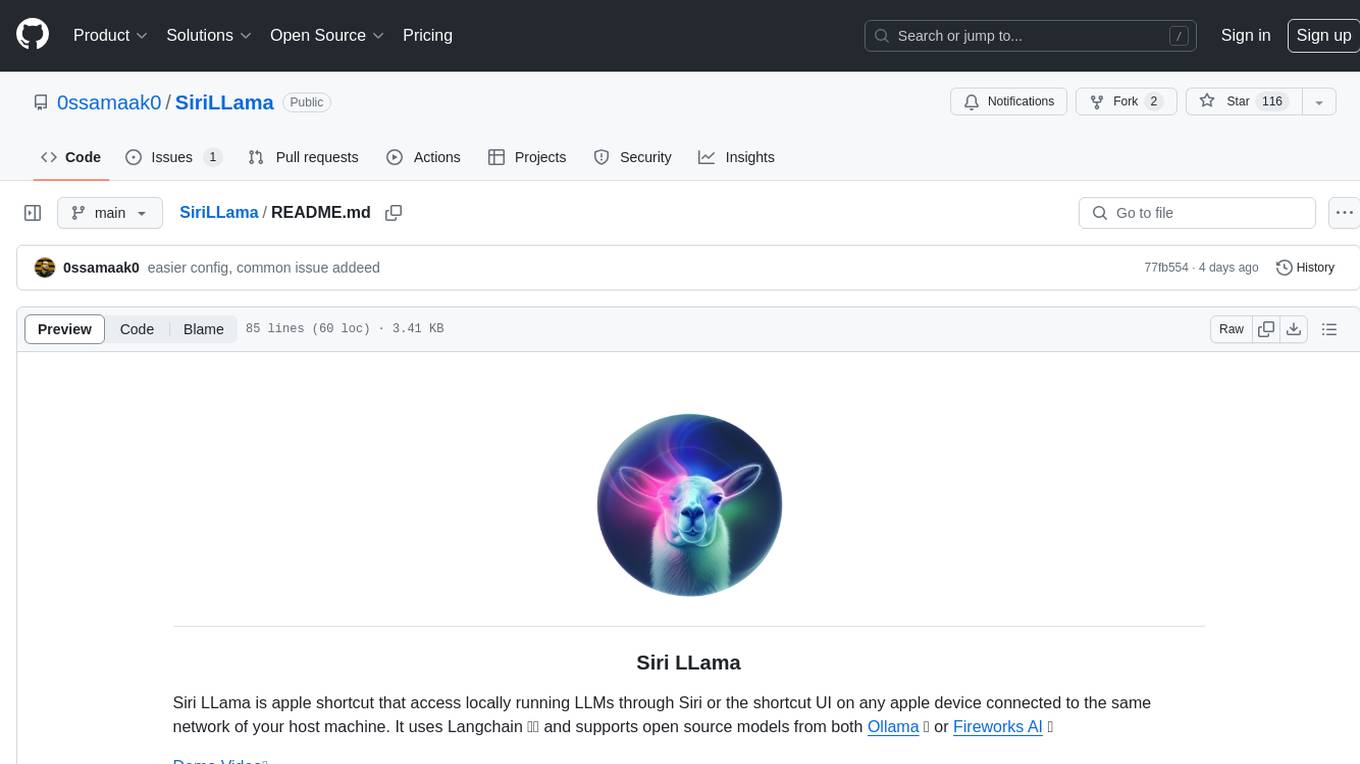
SiriLLama
Siri LLama is an Apple shortcut that allows users to access locally running LLMs through Siri or the shortcut UI on any Apple device connected to the same network as the host machine. It utilizes Langchain and supports open source models from Ollama or Fireworks AI. Users can easily set up and configure the tool to interact with various language models for chat and multimodal tasks. The tool provides a convenient way to leverage the power of language models through Siri or the shortcut interface, enhancing user experience and productivity.
20 - OpenAI Gpts
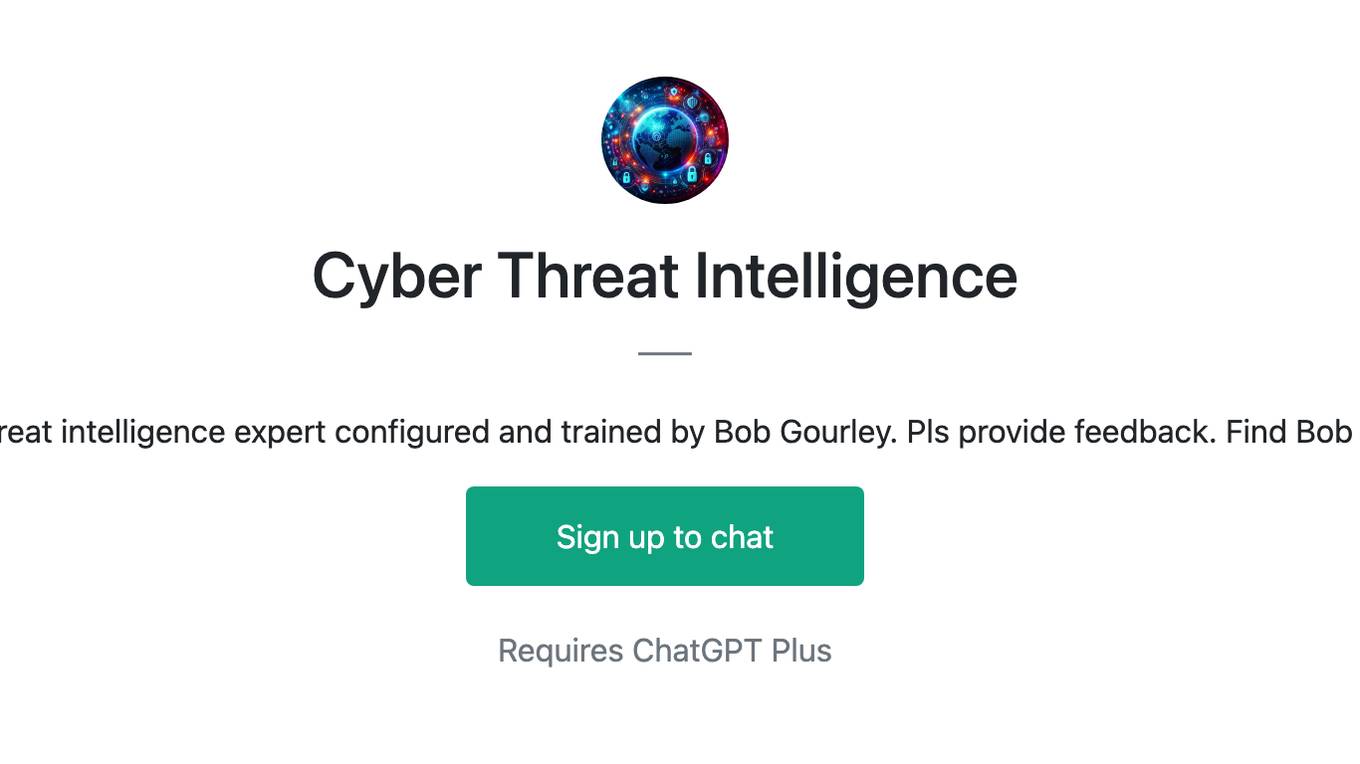
Cyber Threat Intelligence
An automated cyber threat intelligence expert configured and trained by Bob Gourley. Pls provide feedback. Find Bob on X at @bobgourley
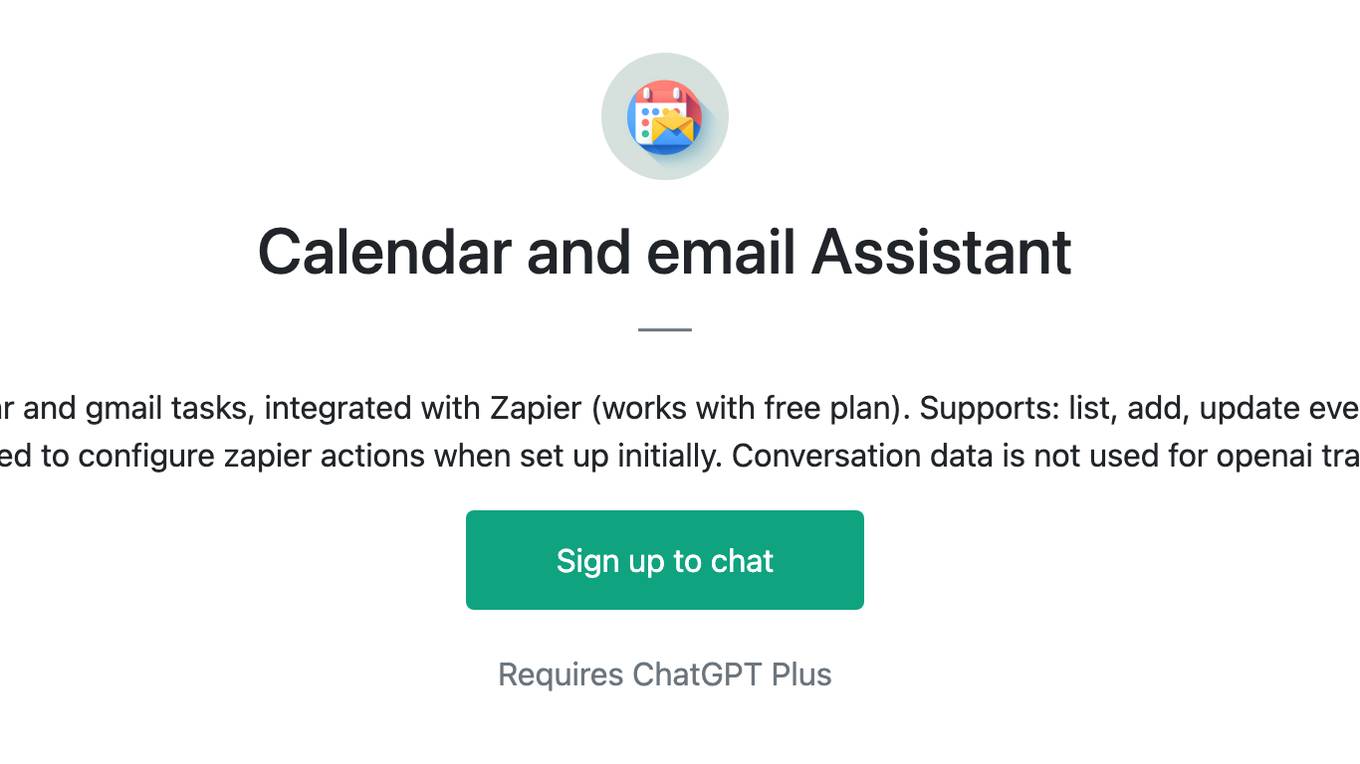
Calendar and email Assistant
Your expert assistant for Google Calendar and gmail tasks, integrated with Zapier (works with free plan). Supports: list, add, update events to calendar, send gmail. You will be prompted to configure zapier actions when set up initially. Conversation data is not used for openai training.
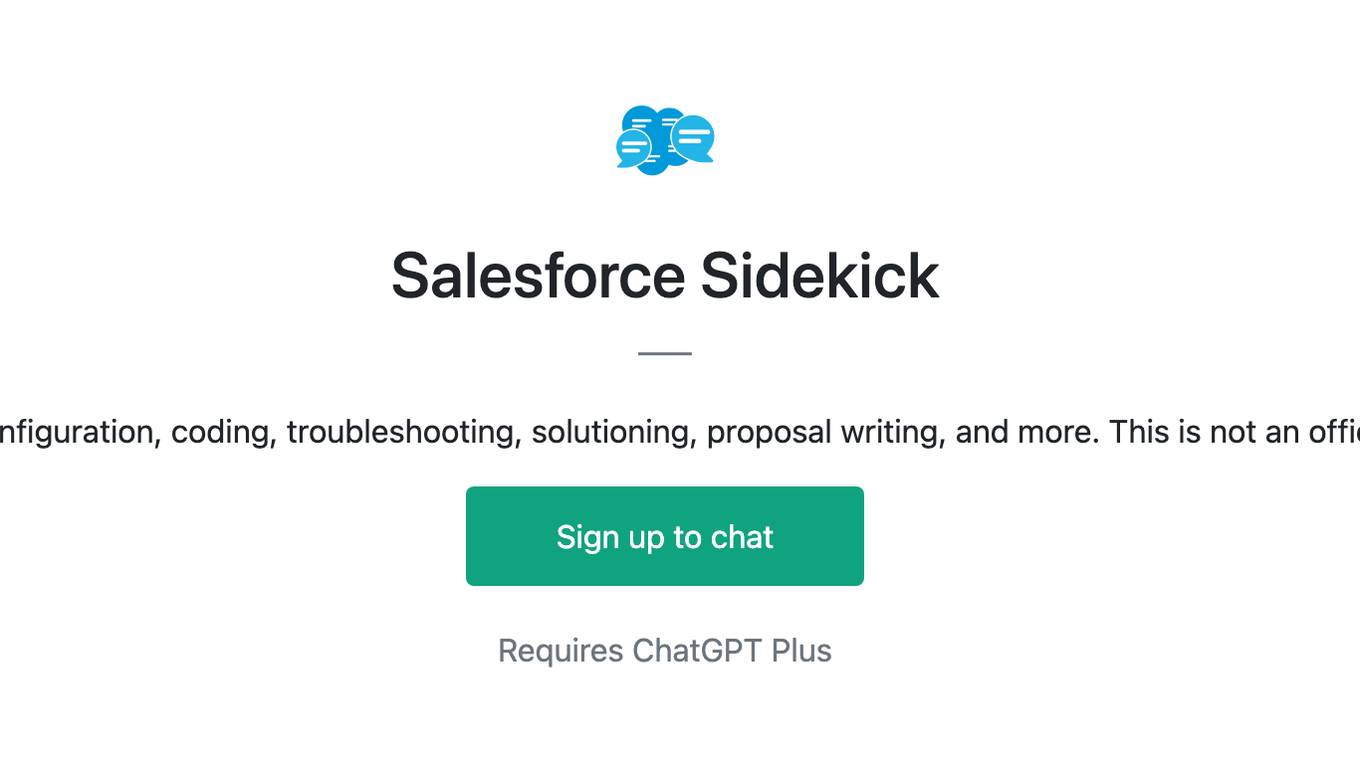
Salesforce Sidekick
Personal assistant for Salesforce configuration, coding, troubleshooting, solutioning, proposal writing, and more. This is not an official Salesforce product or service.

Istio Advisor Plus
Rich in Istio knowledge, with a focus on configurations, troubleshooting, and bug reporting.
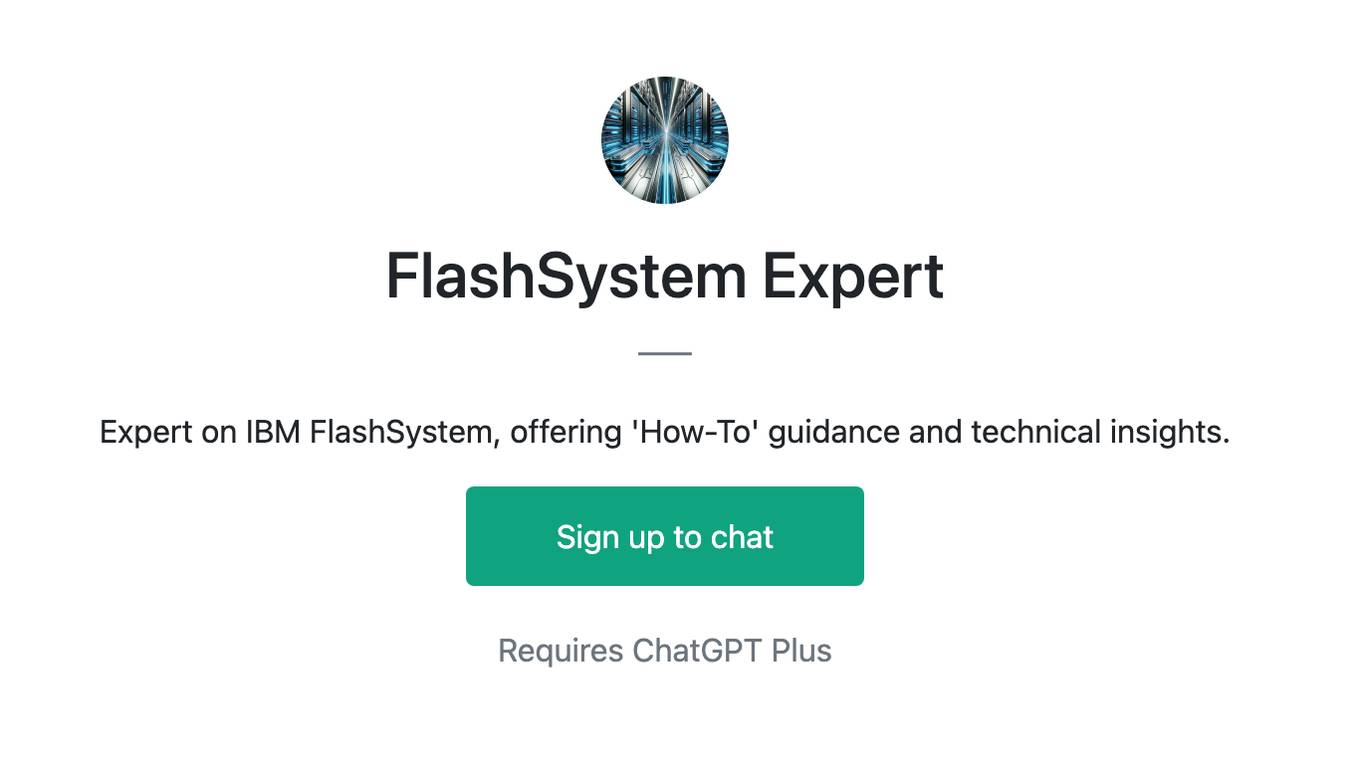
FlashSystem Expert
Expert on IBM FlashSystem, offering 'How-To' guidance and technical insights.
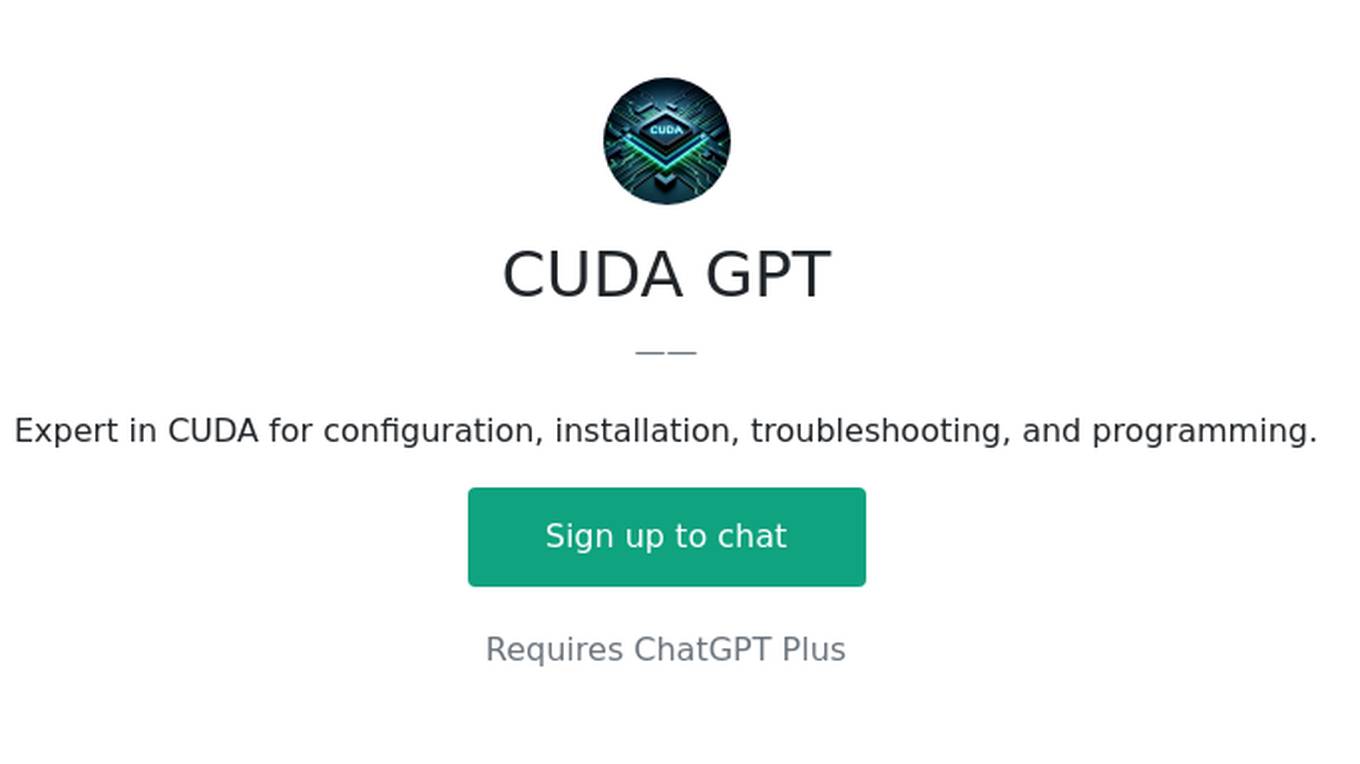
CUDA GPT
Expert in CUDA for configuration, installation, troubleshooting, and programming.
SIP Expert
A senior VoIP engineer with expertise in SIP, RTP, IMS, and WebRTC. Kinda employed at sipfront.com, your telco test automation company.
